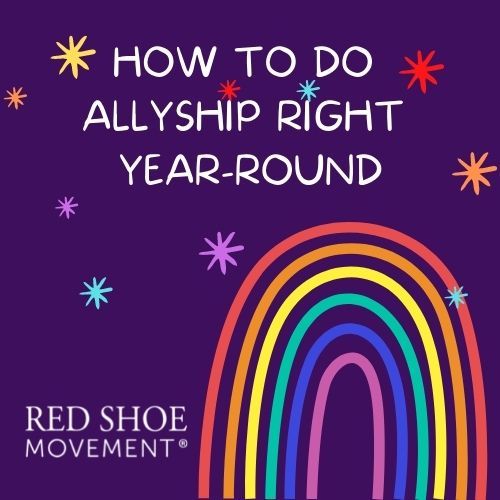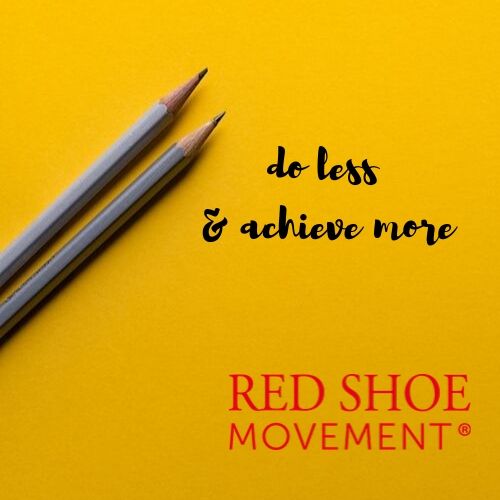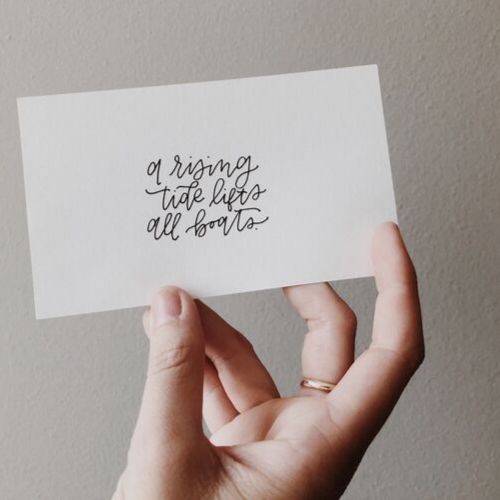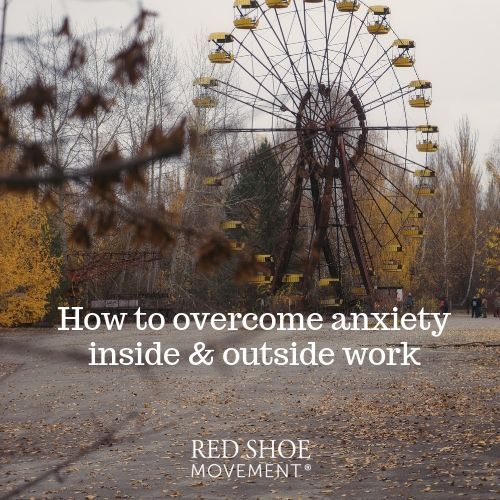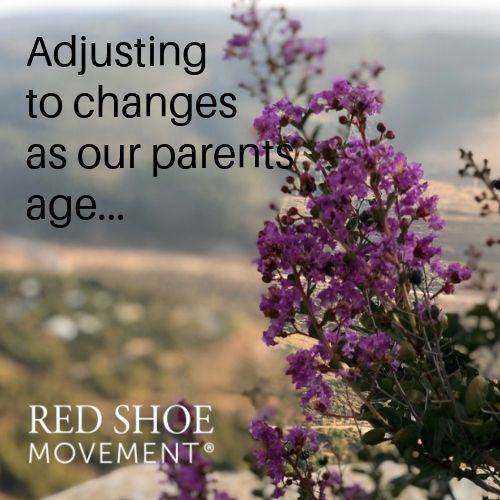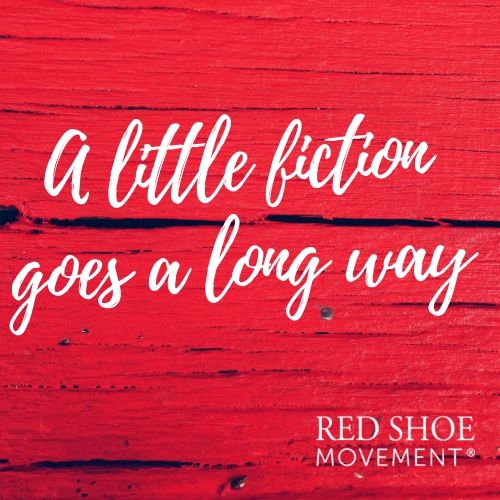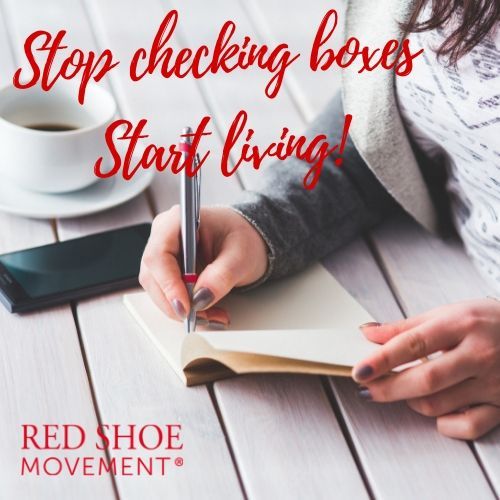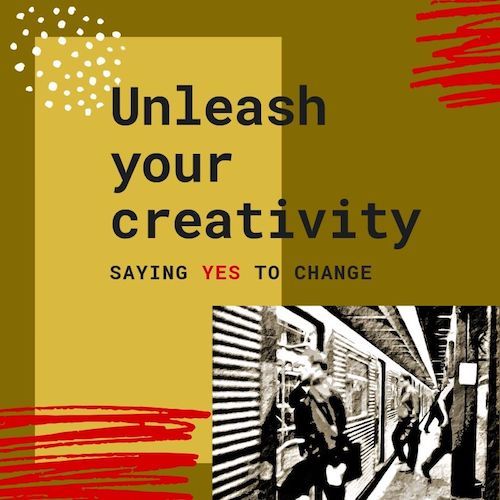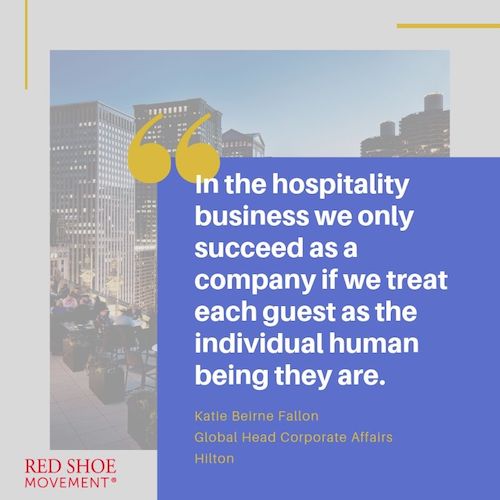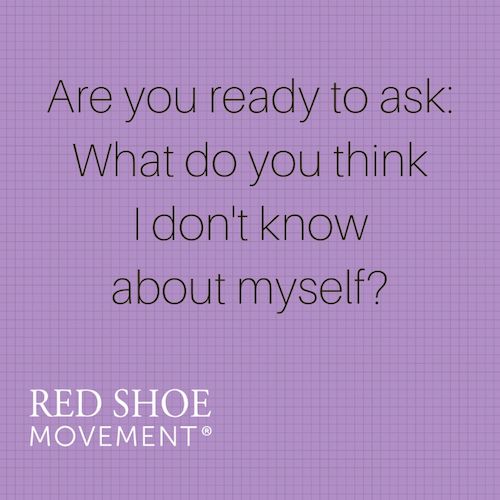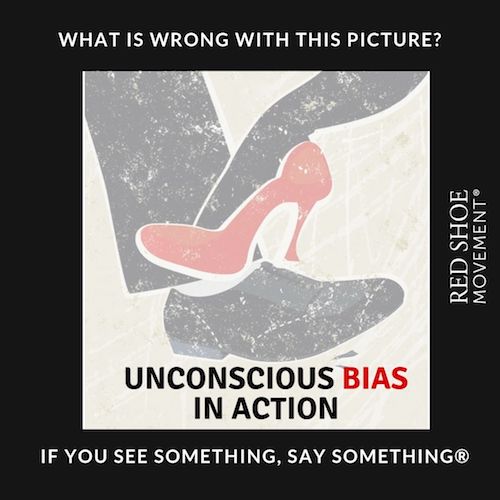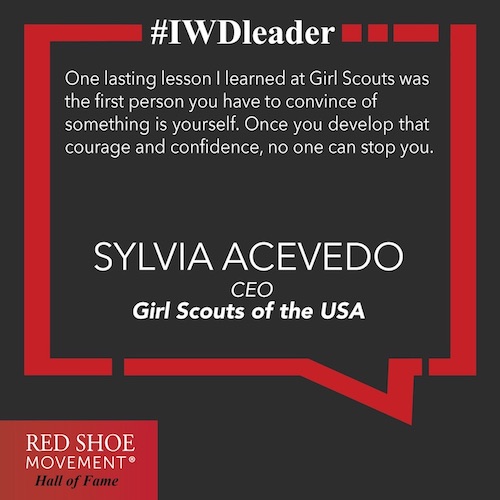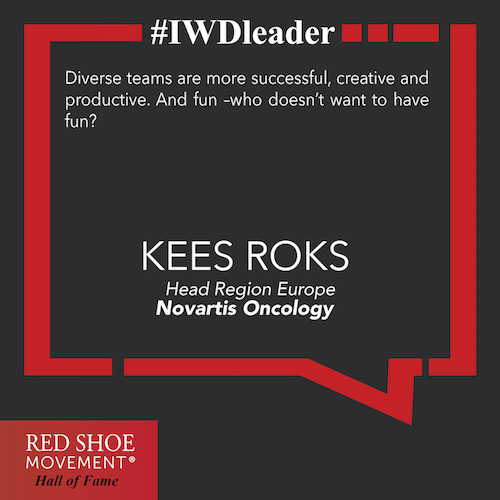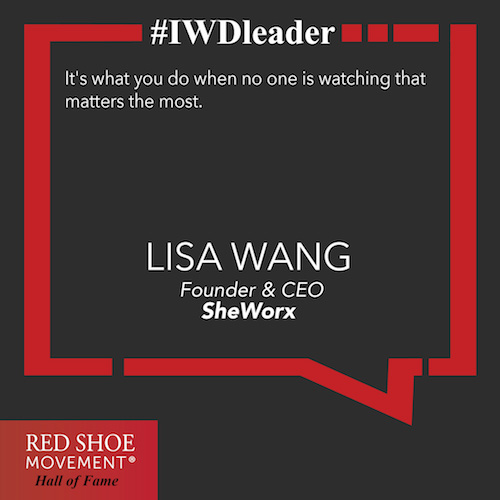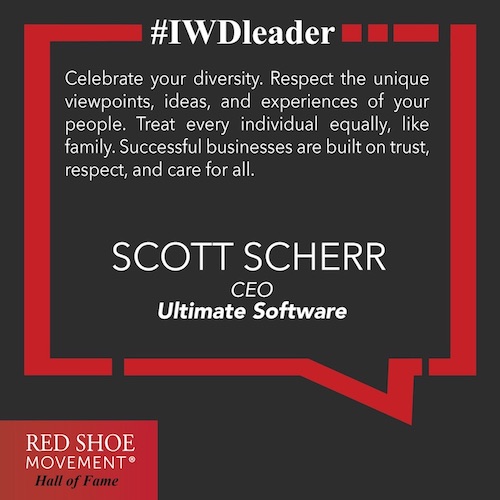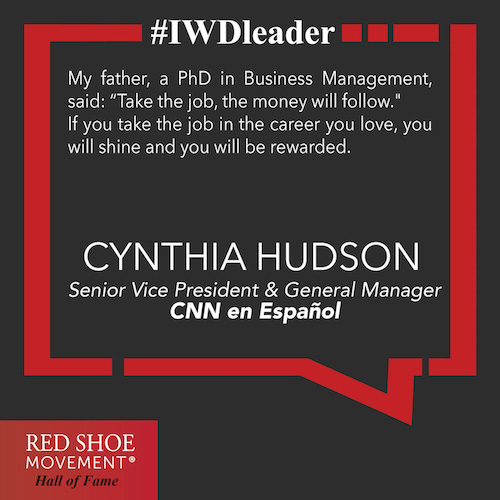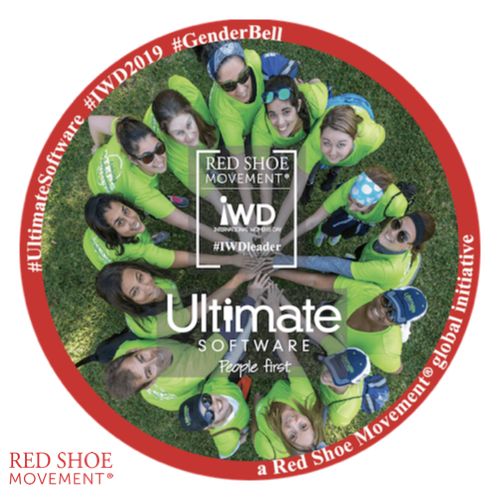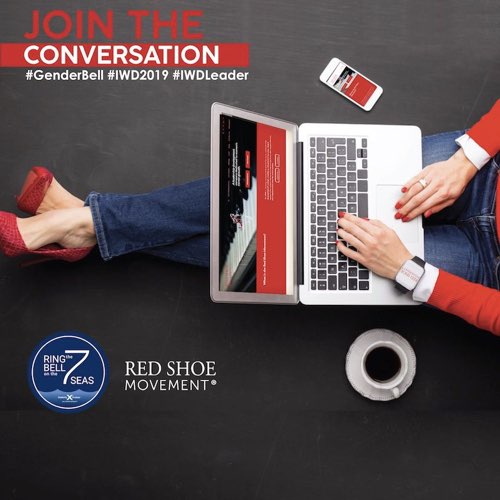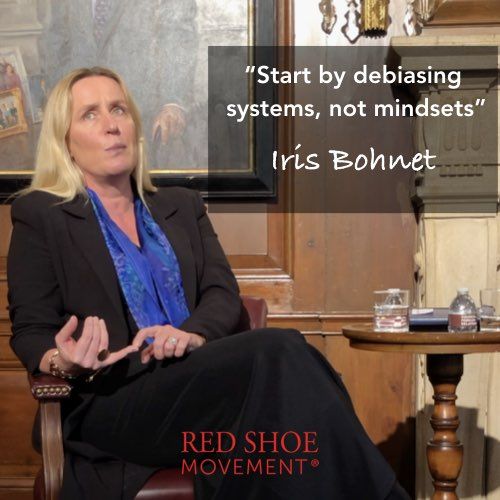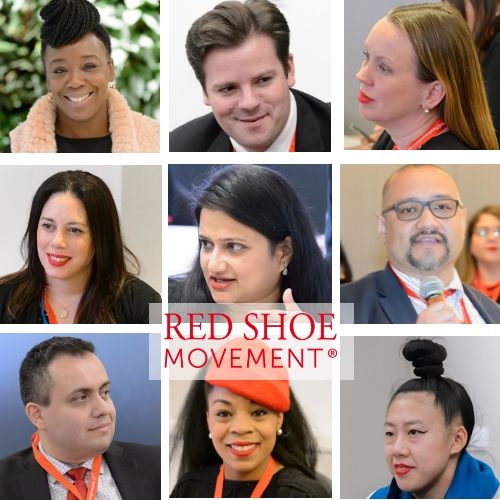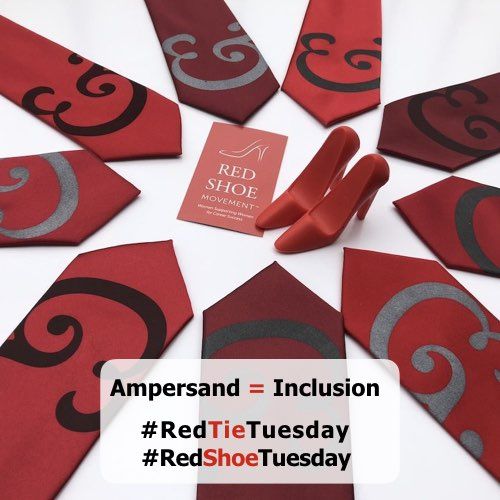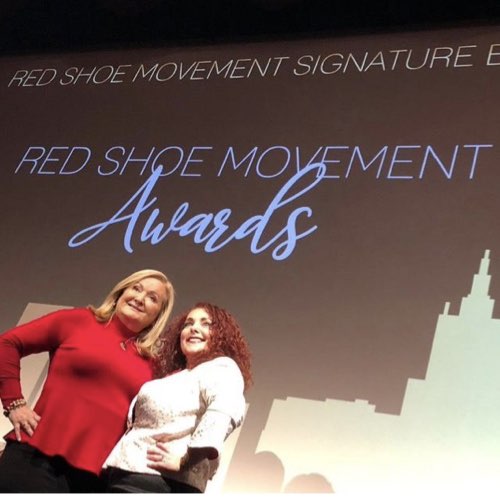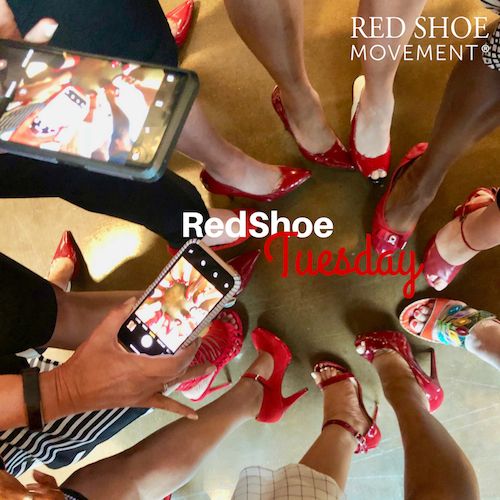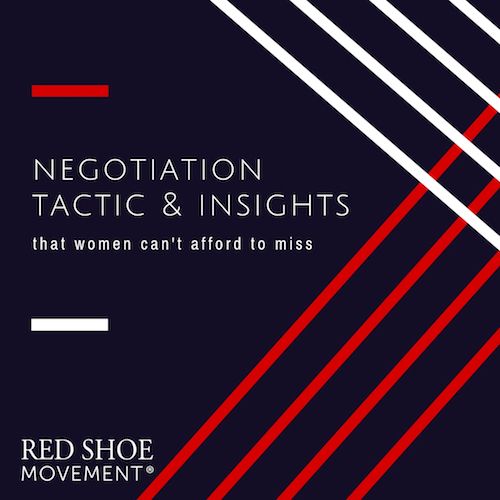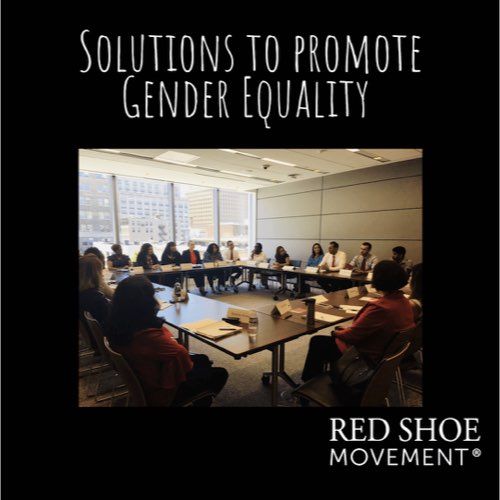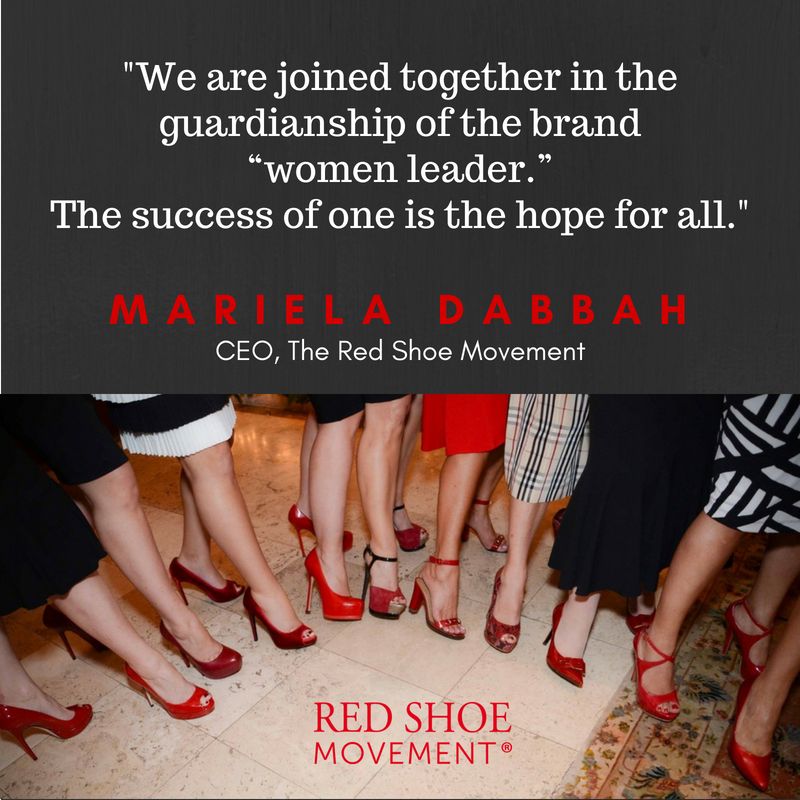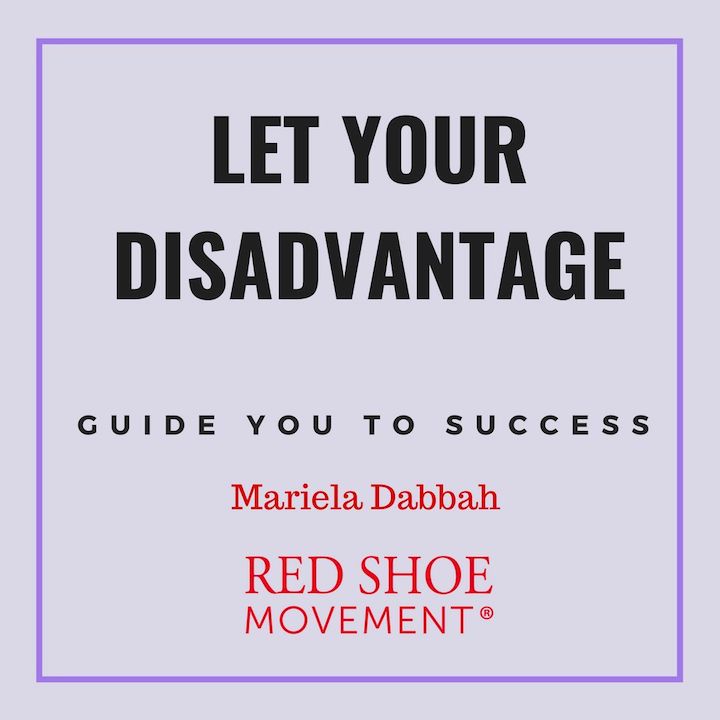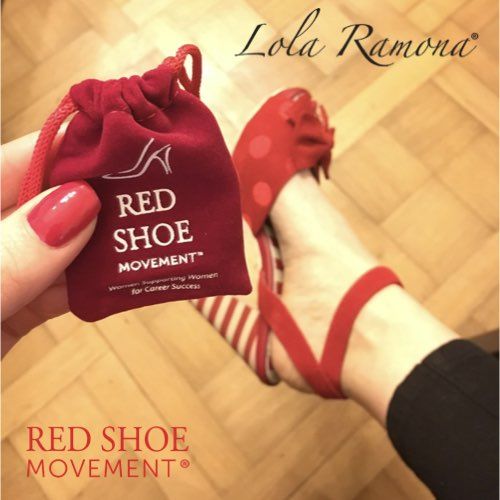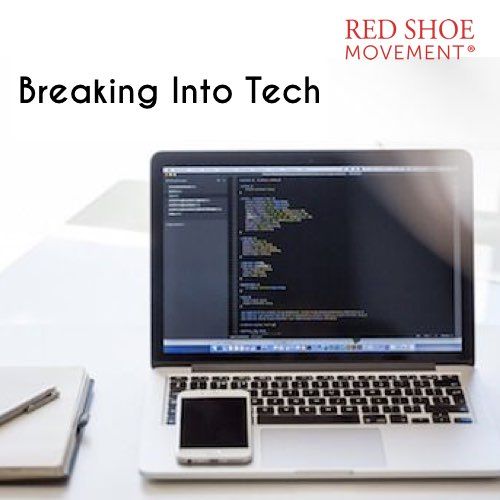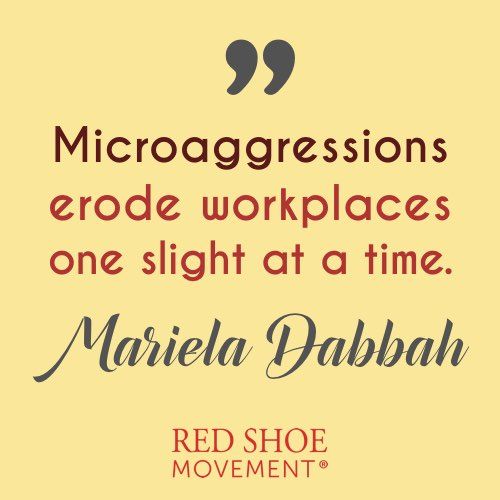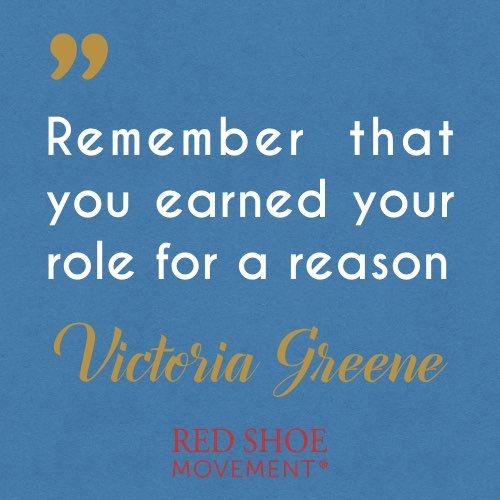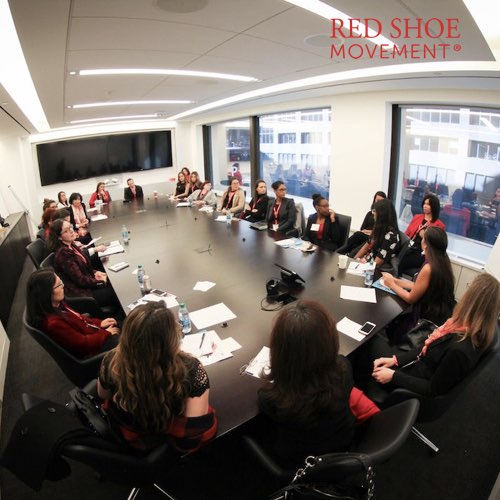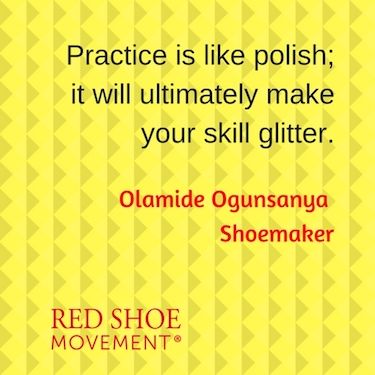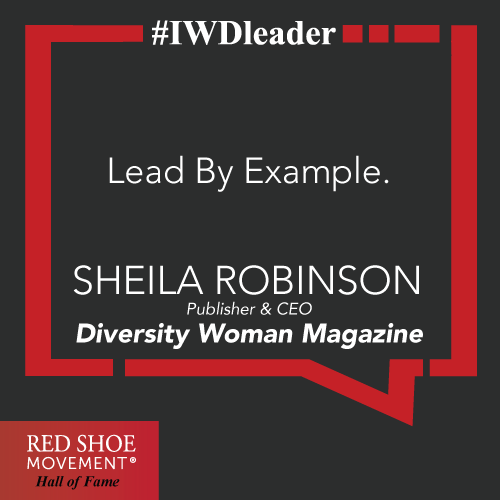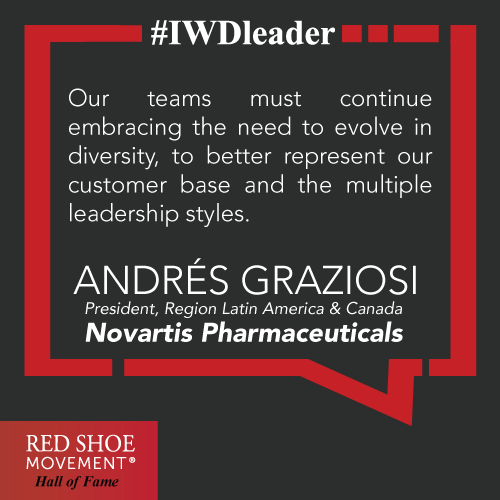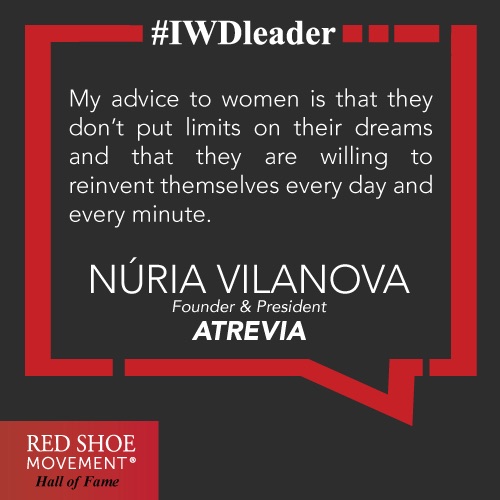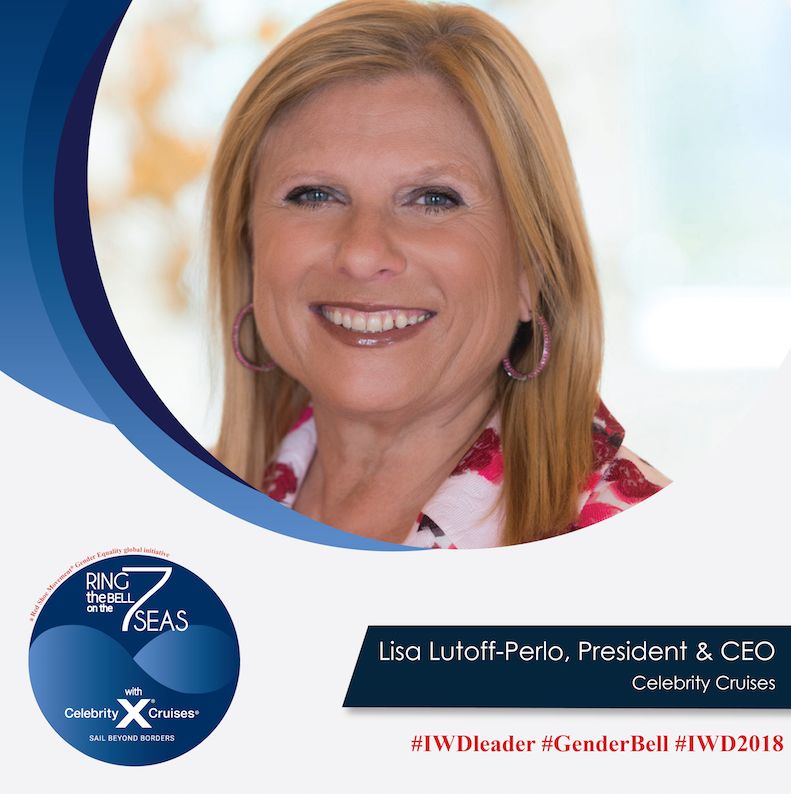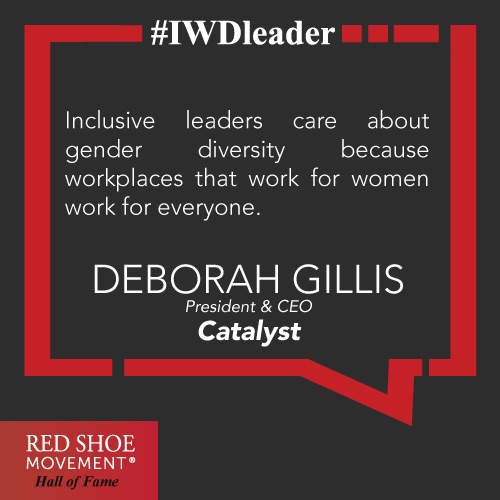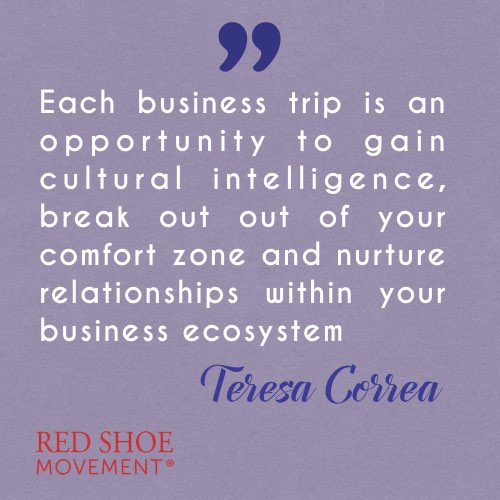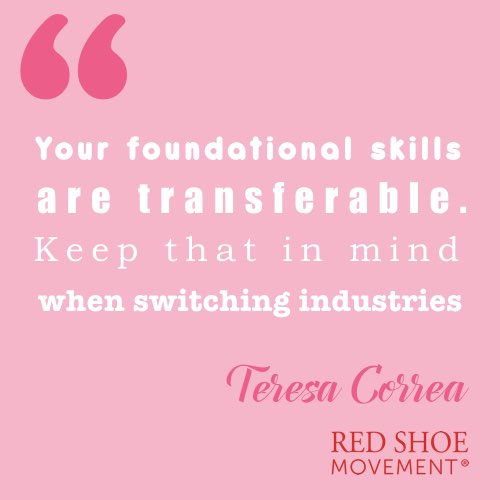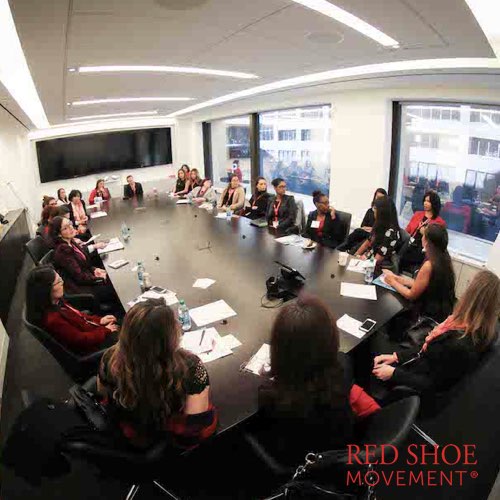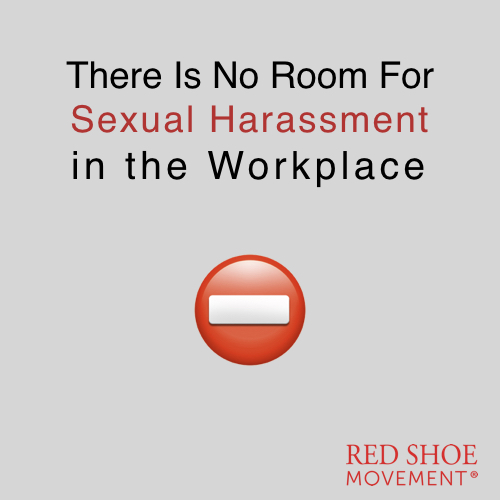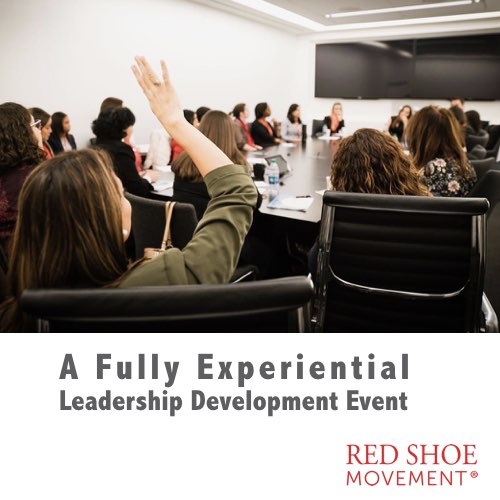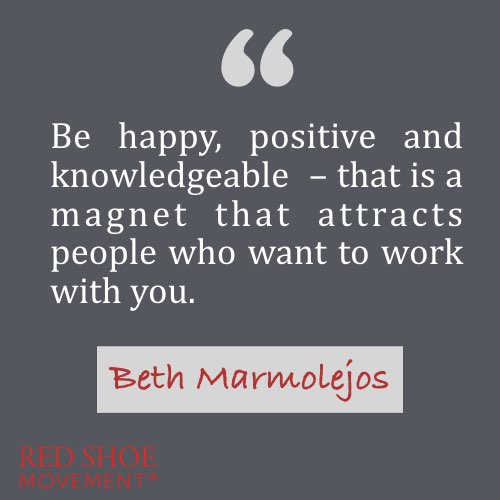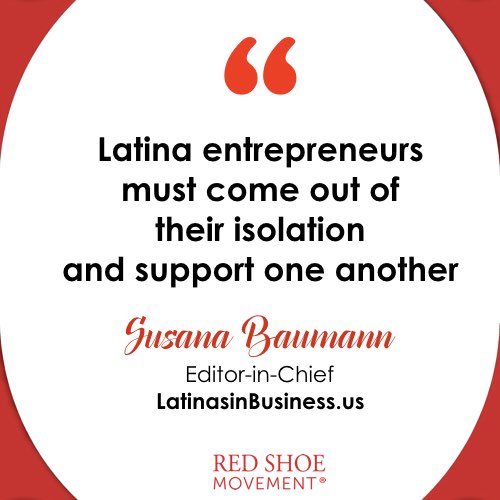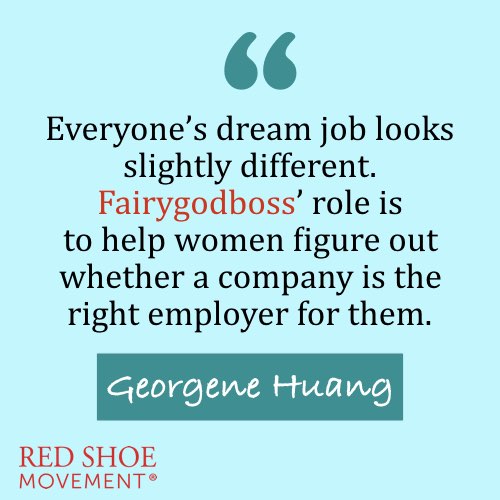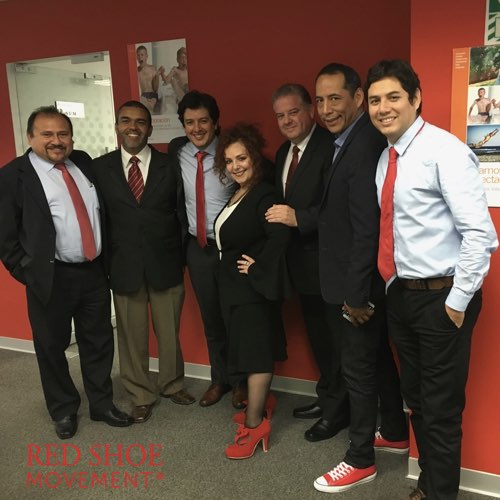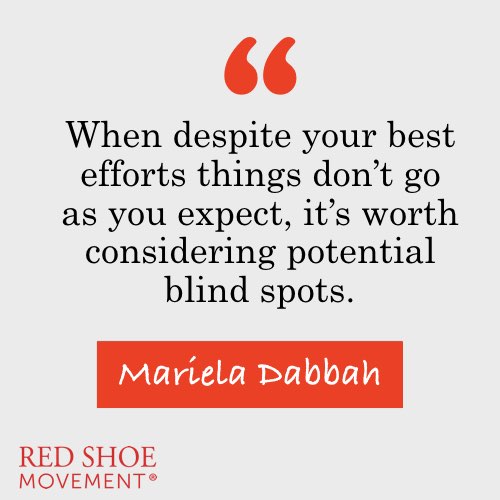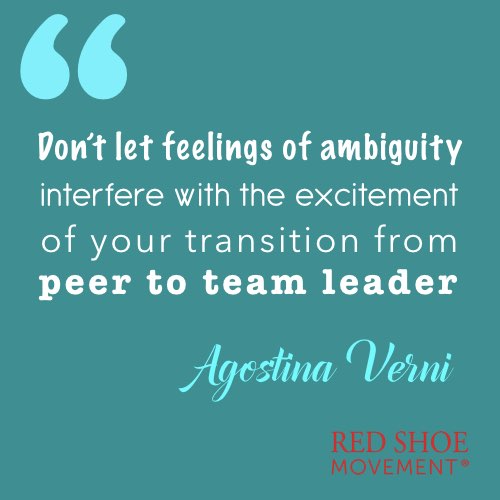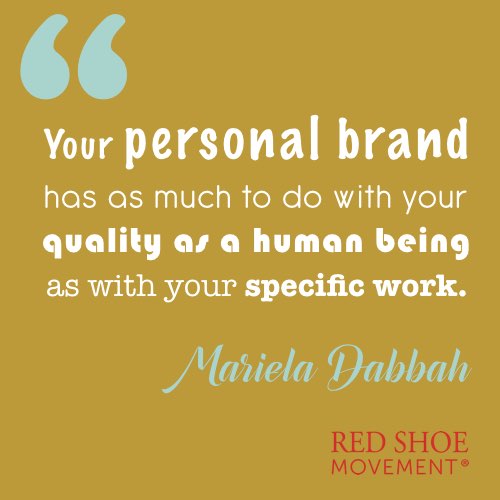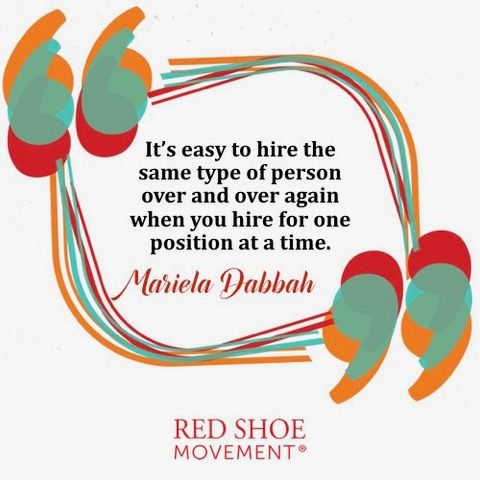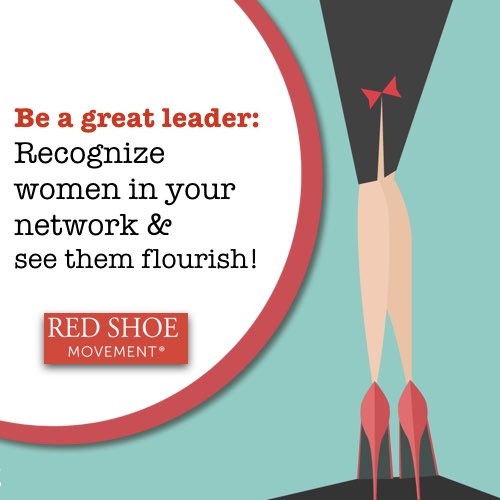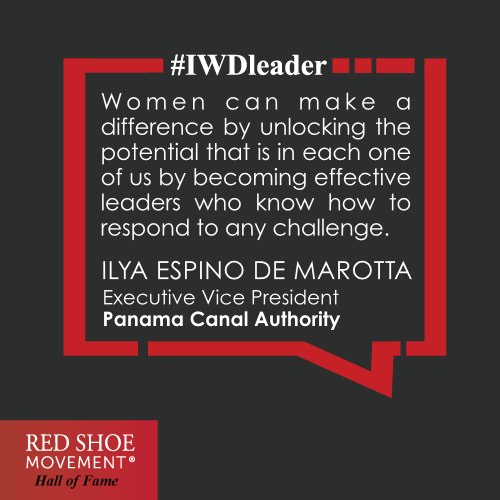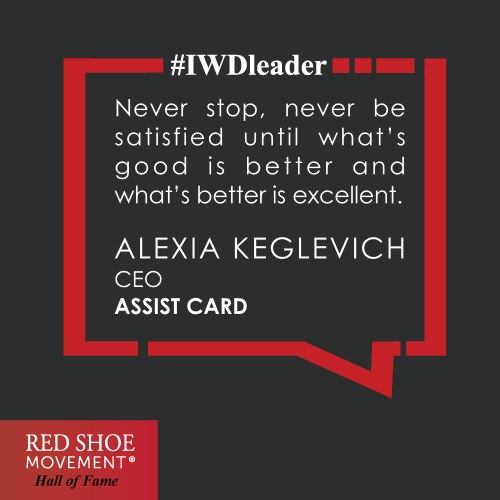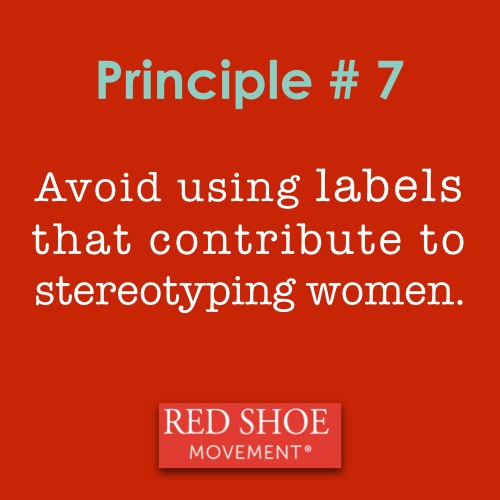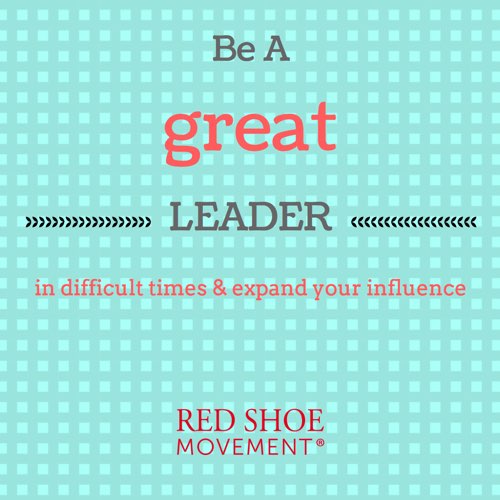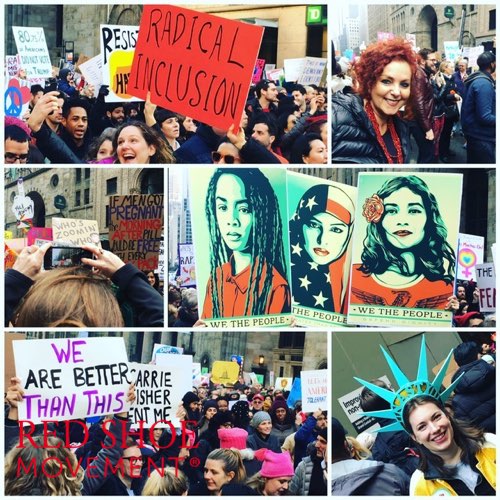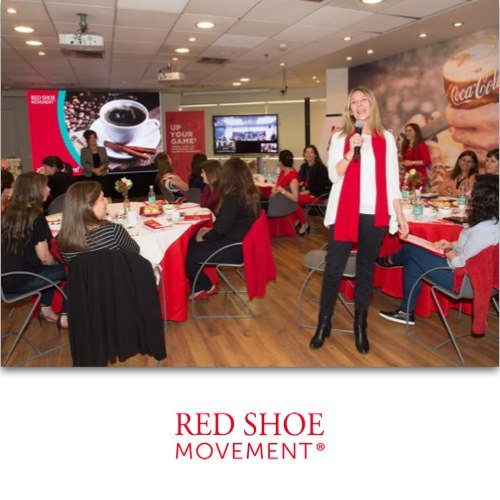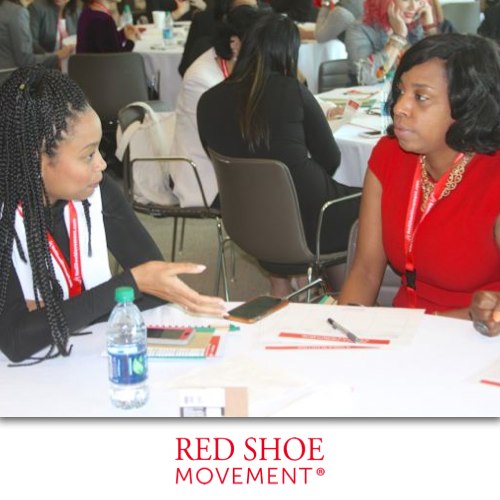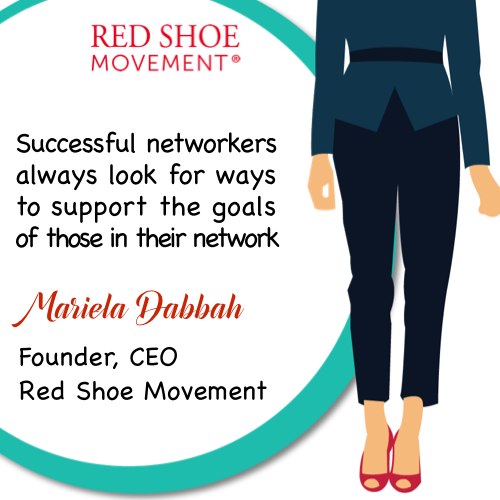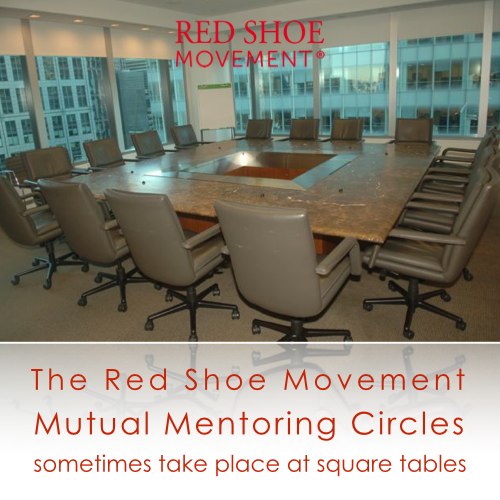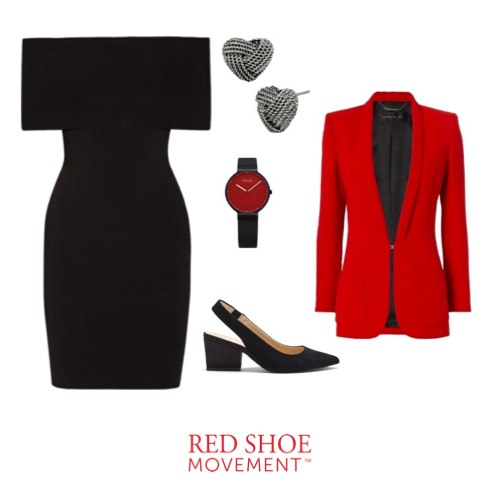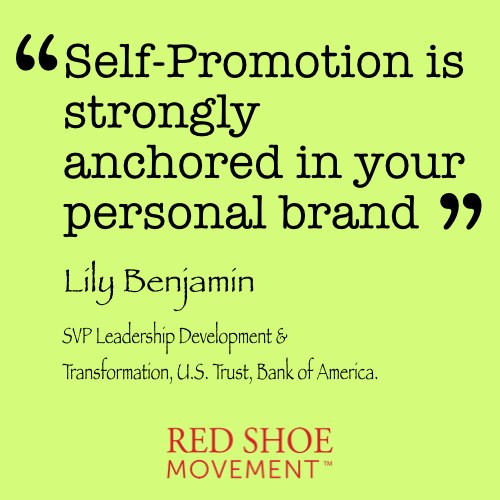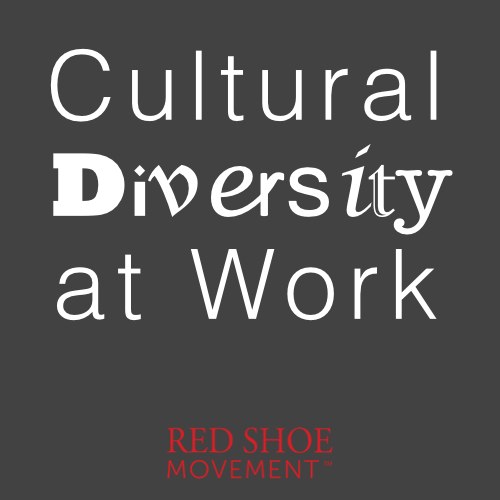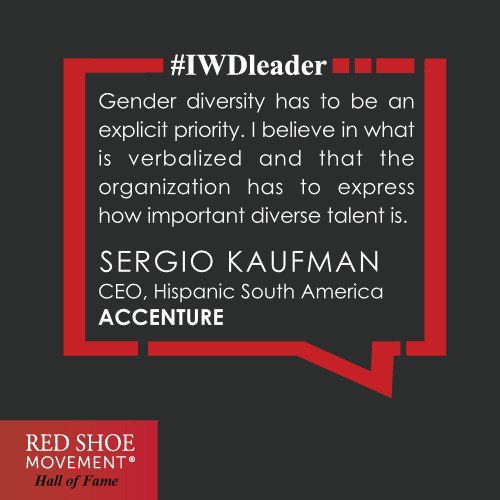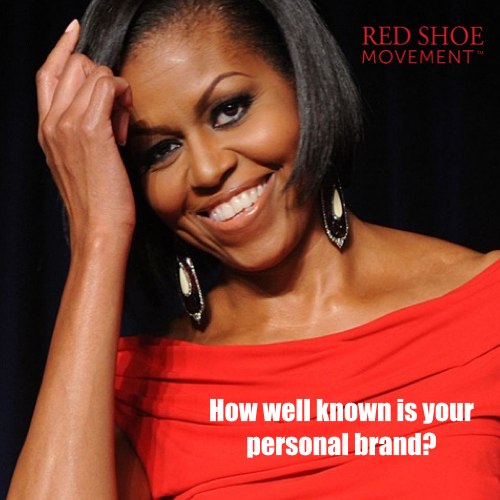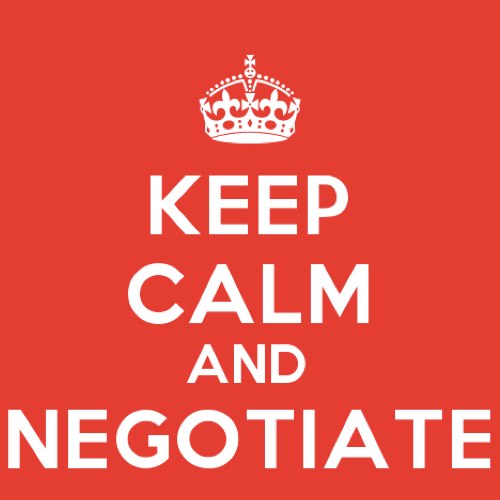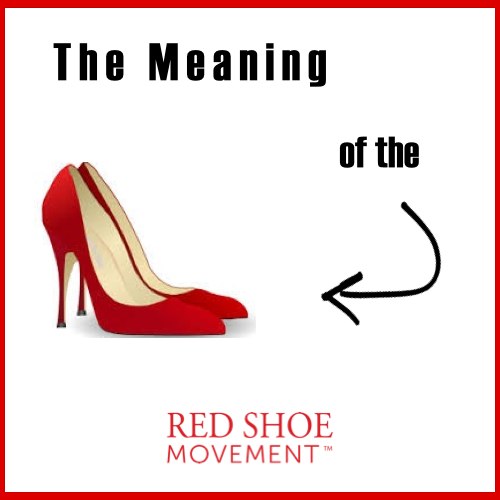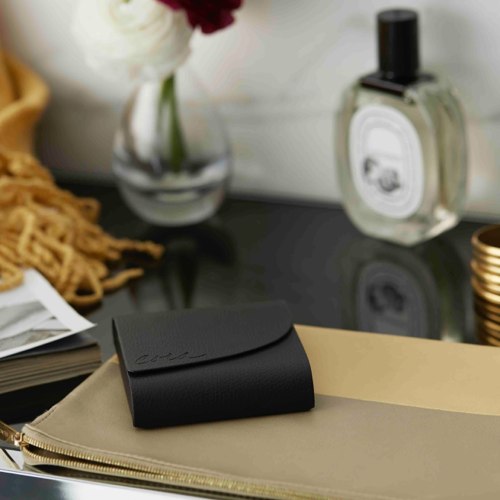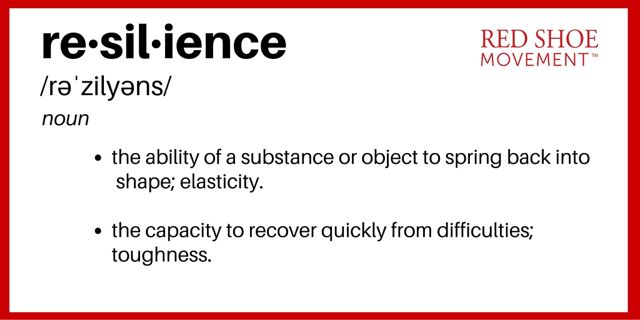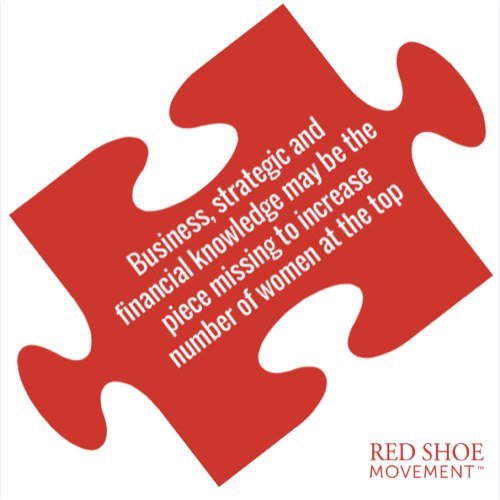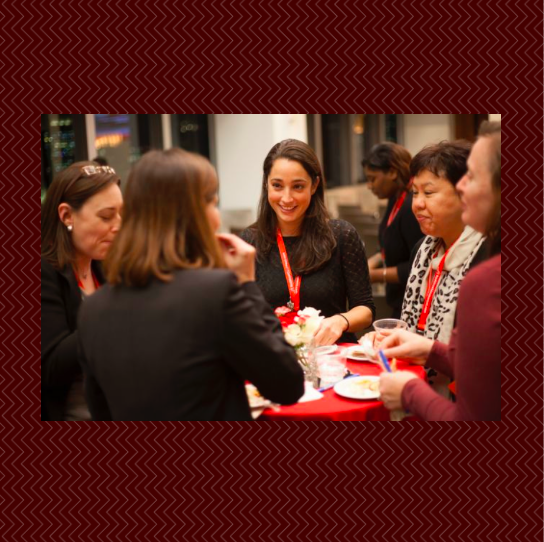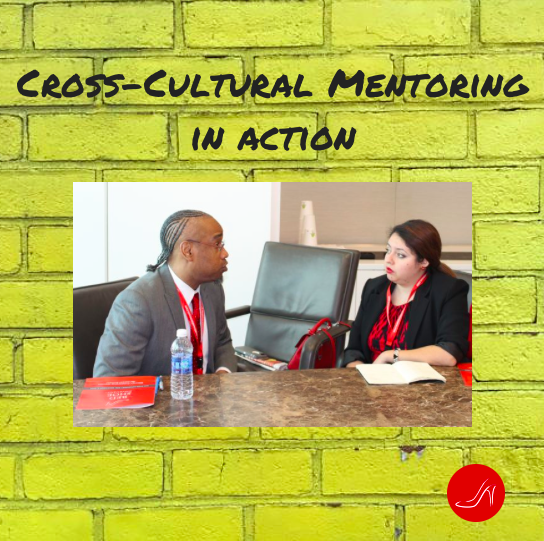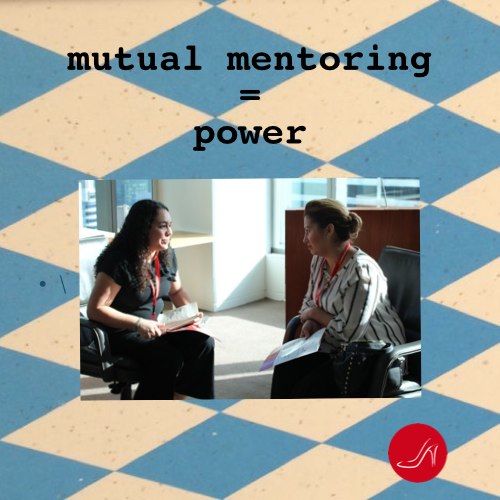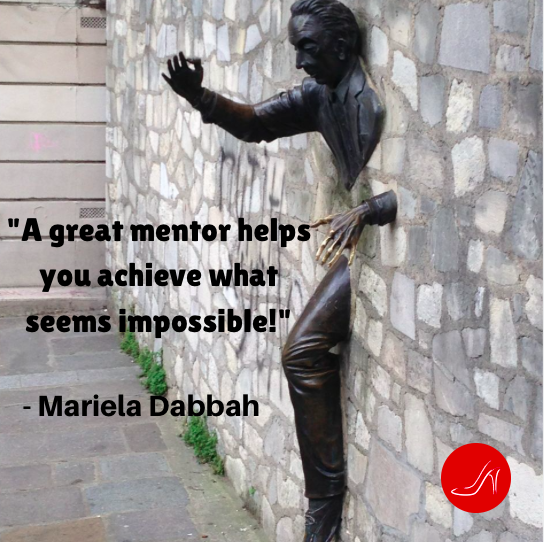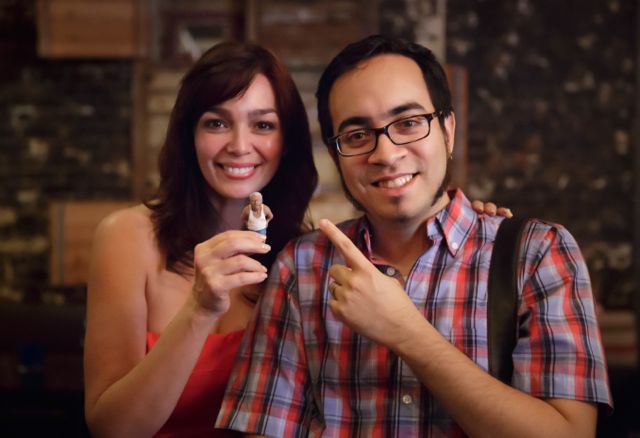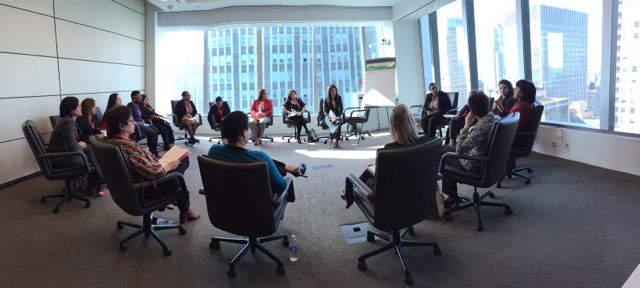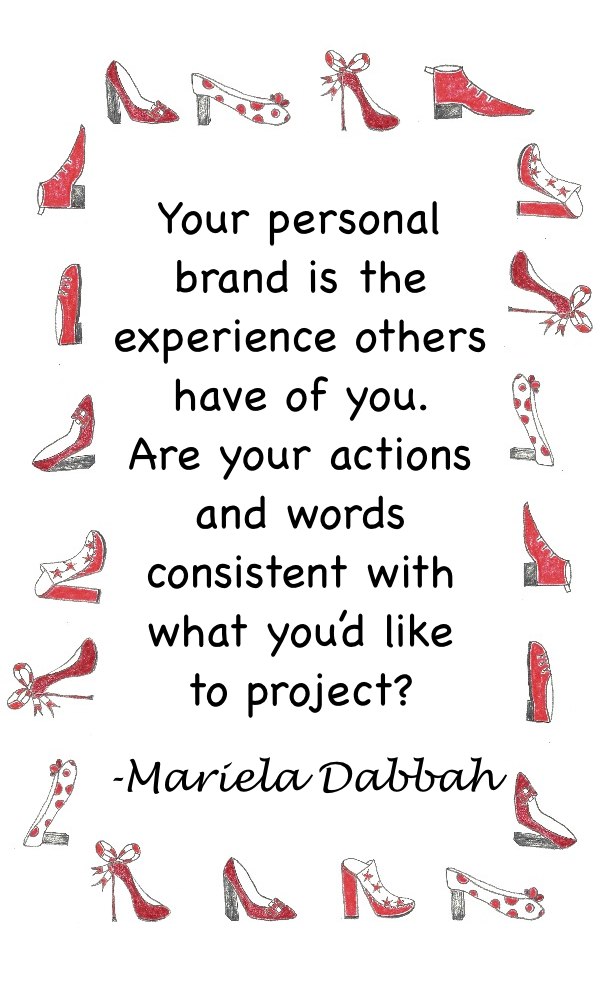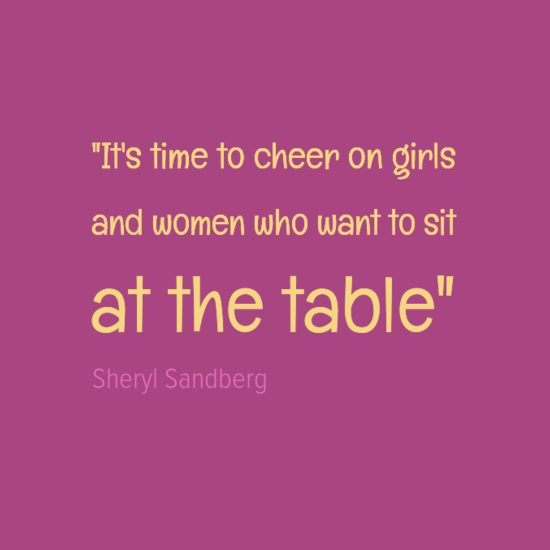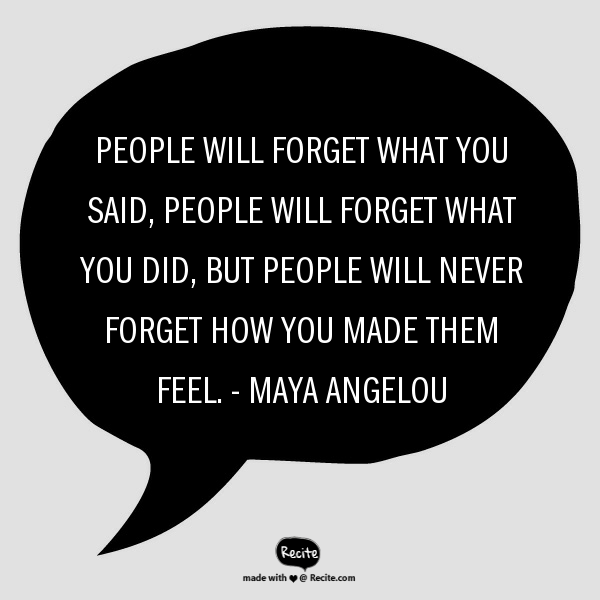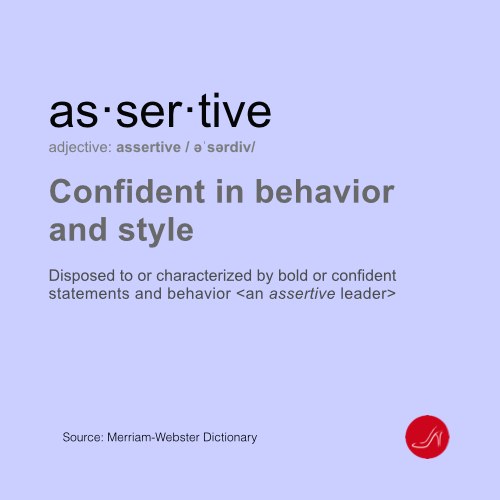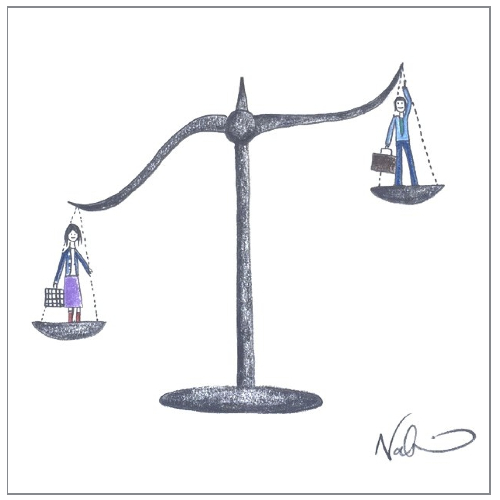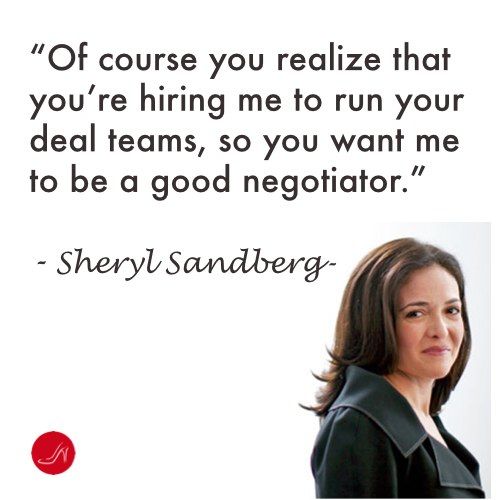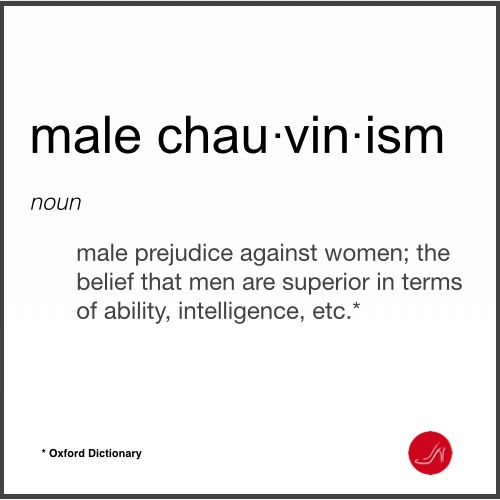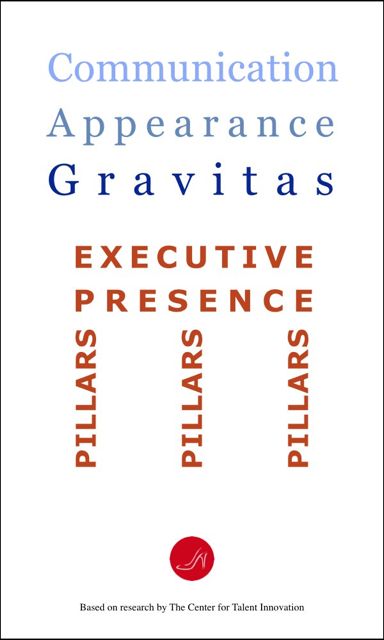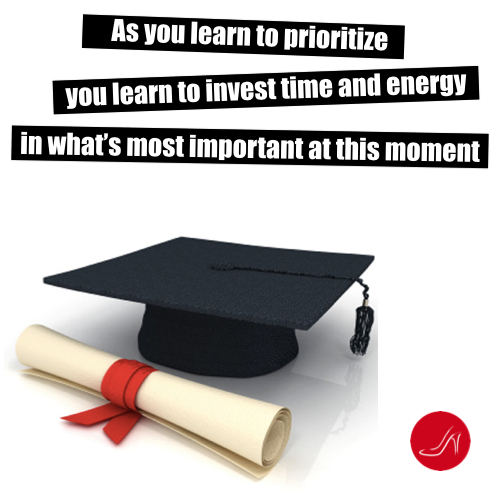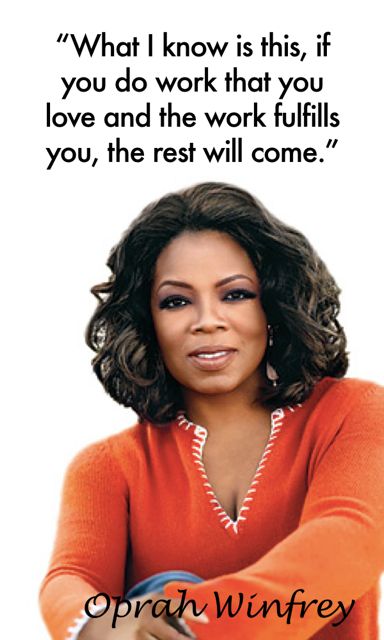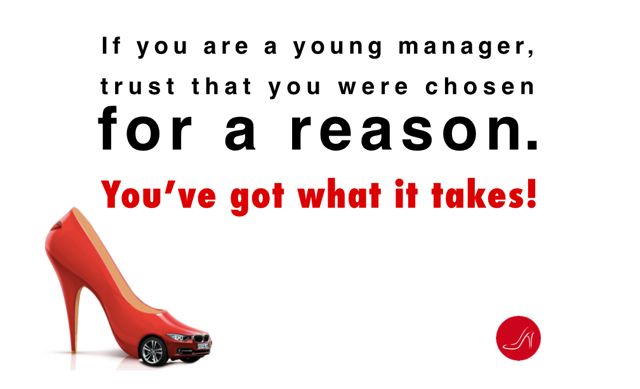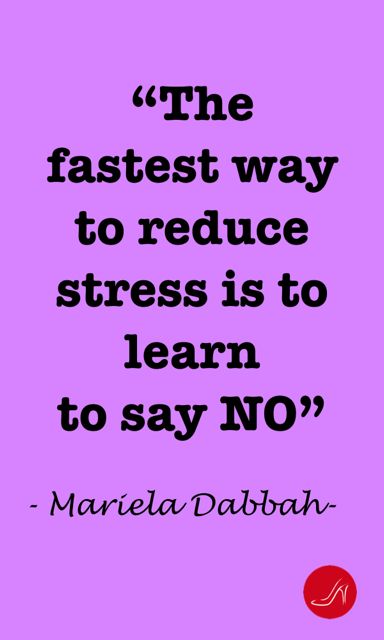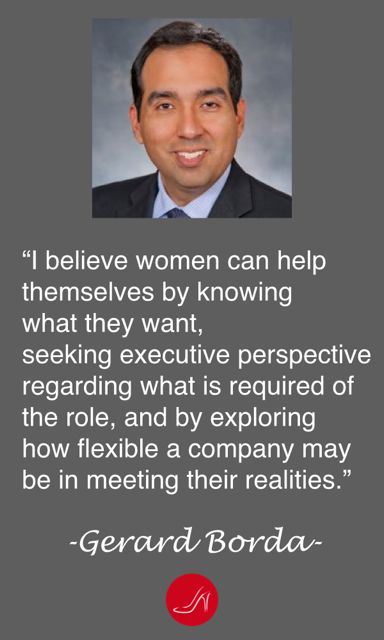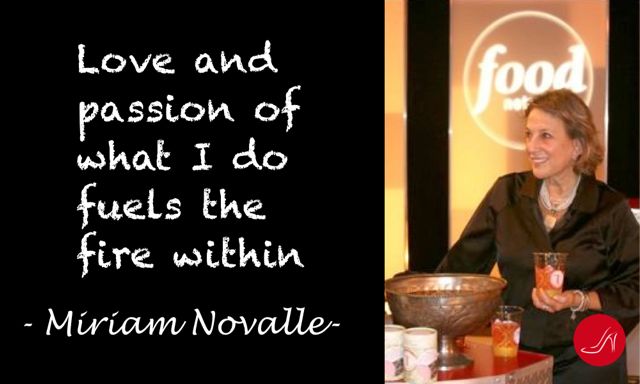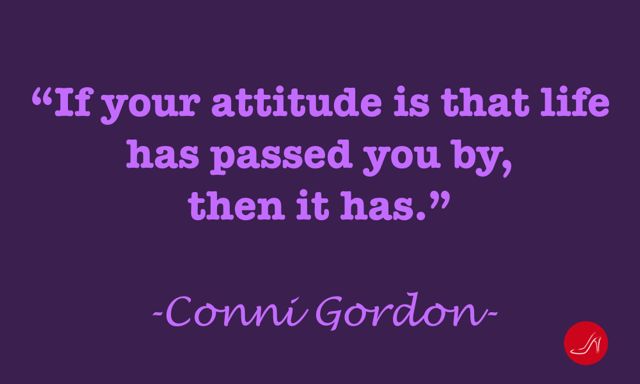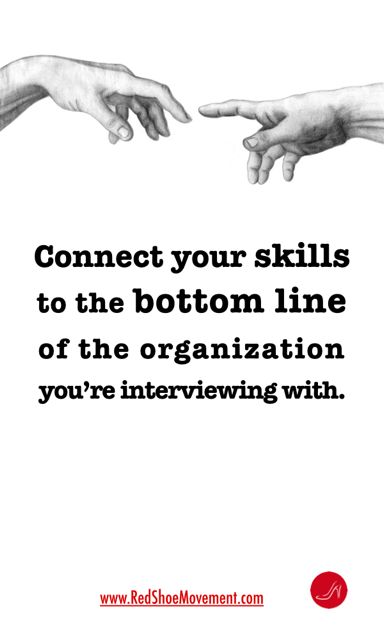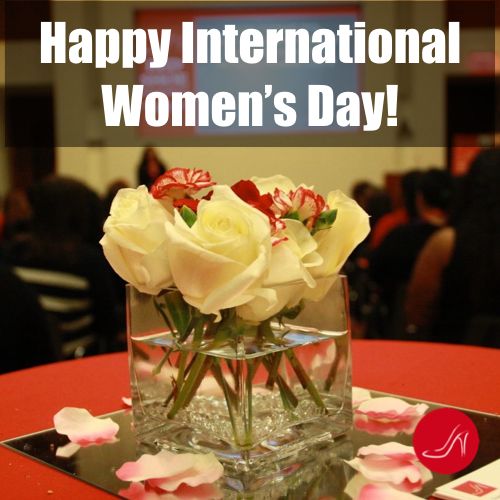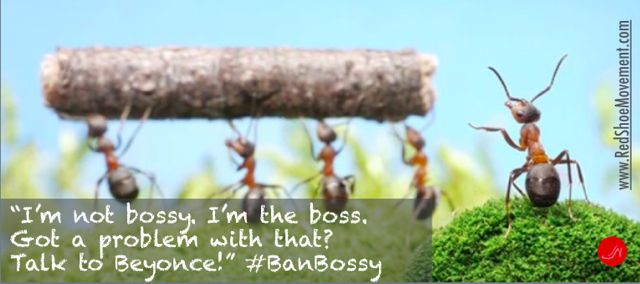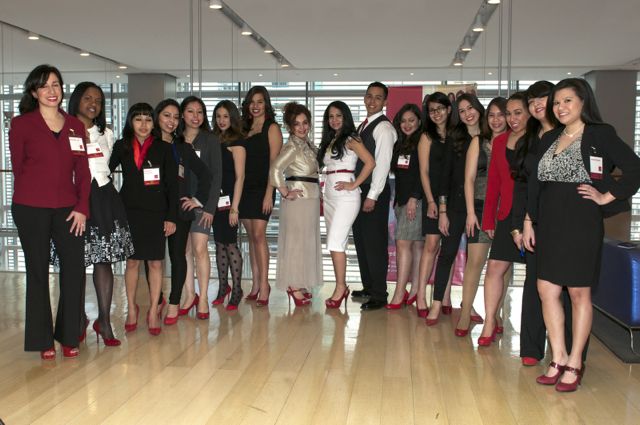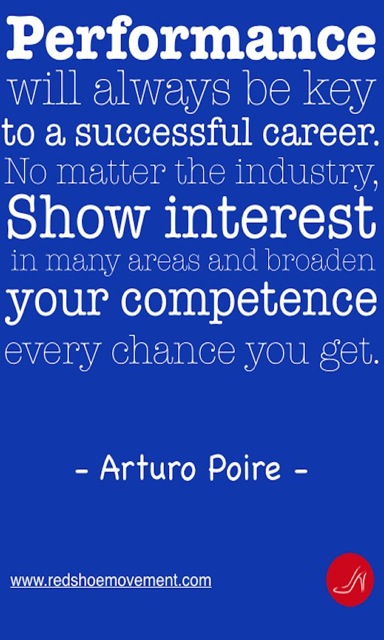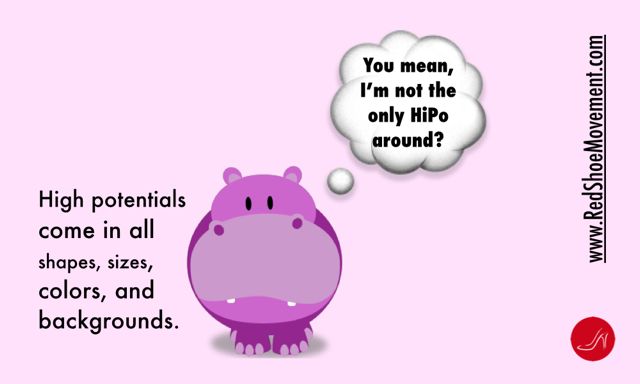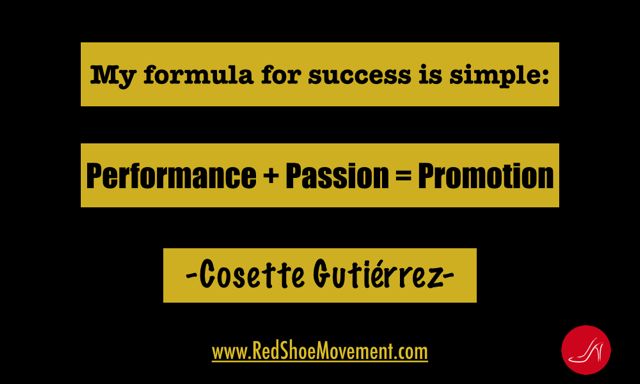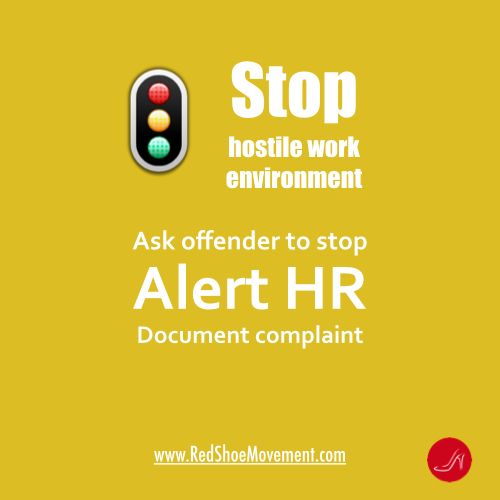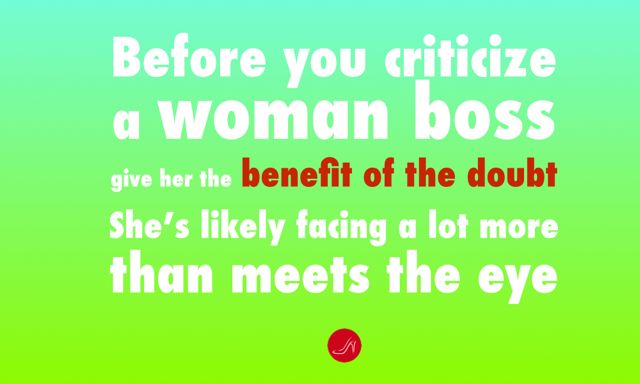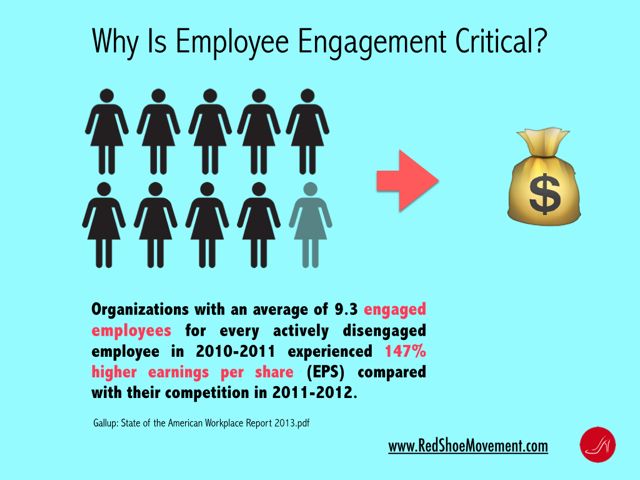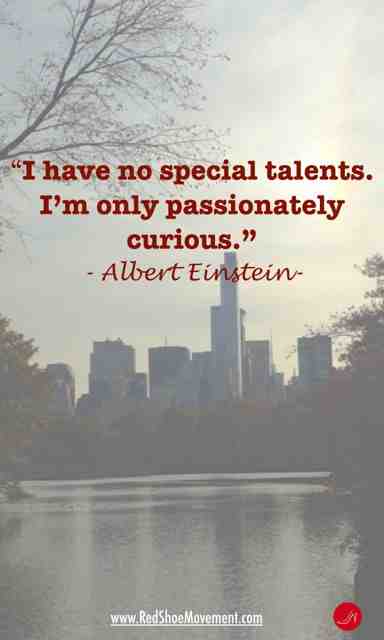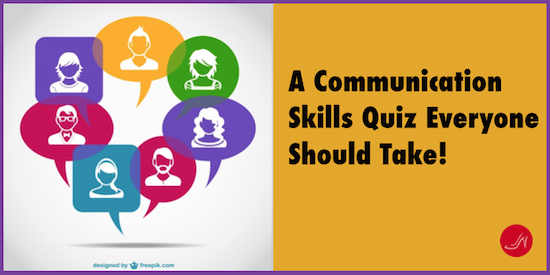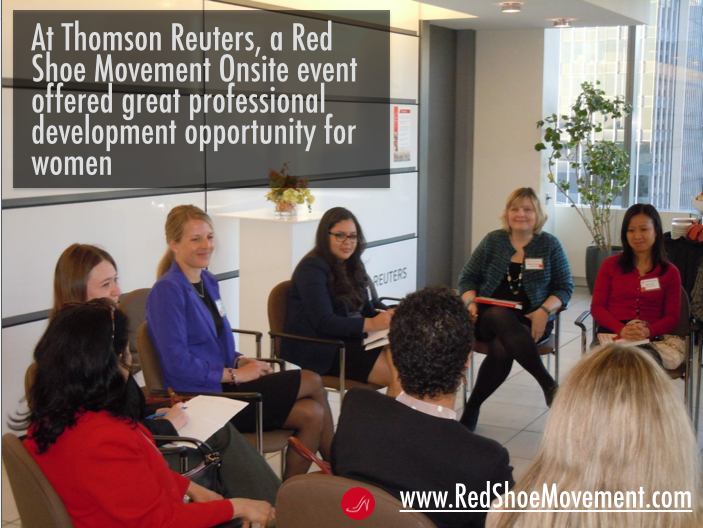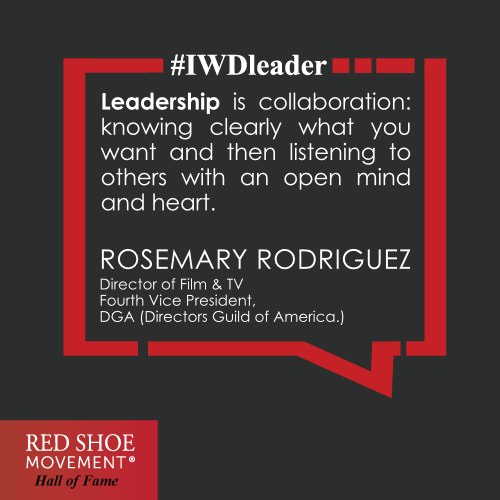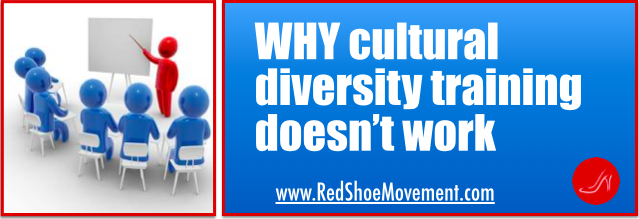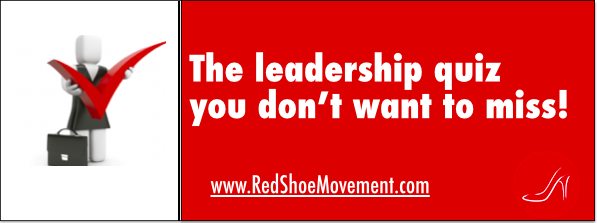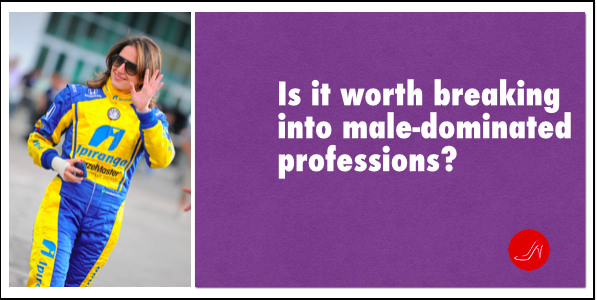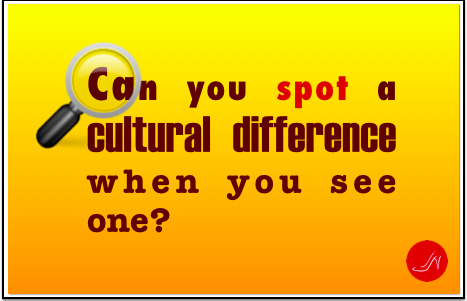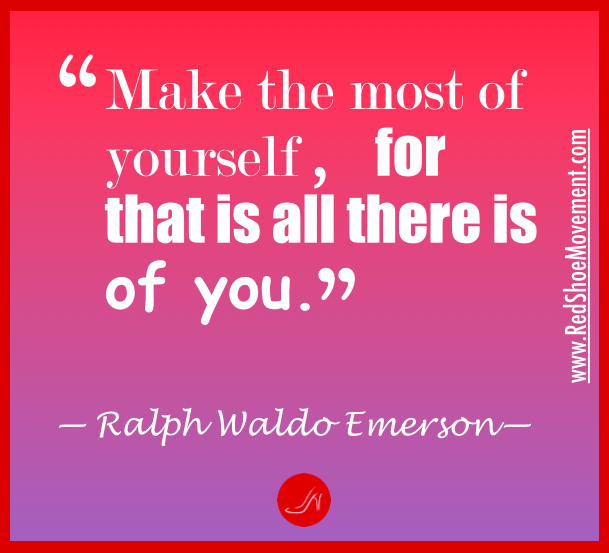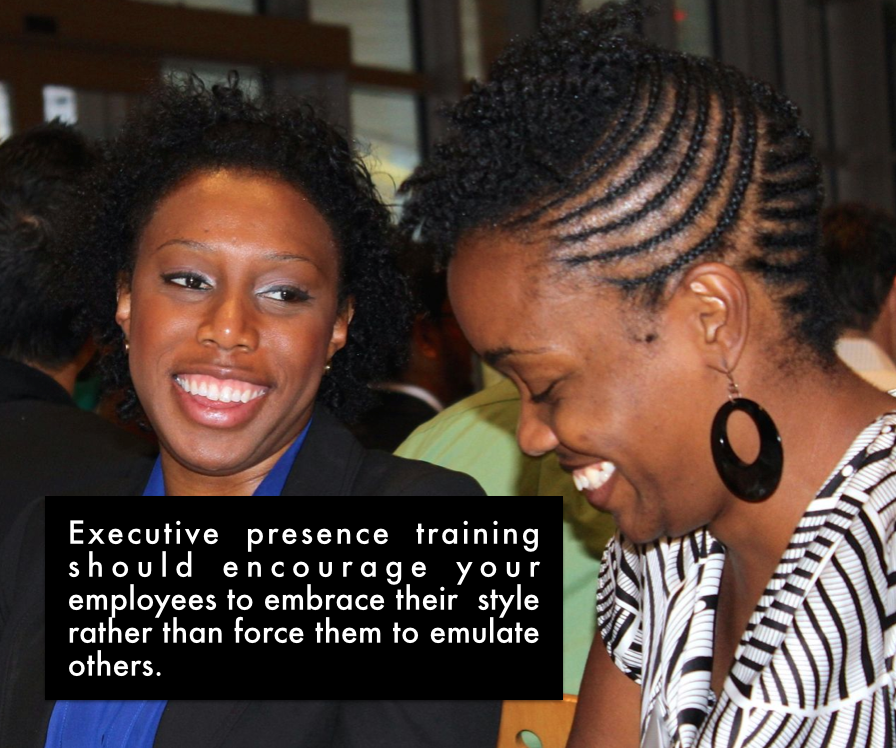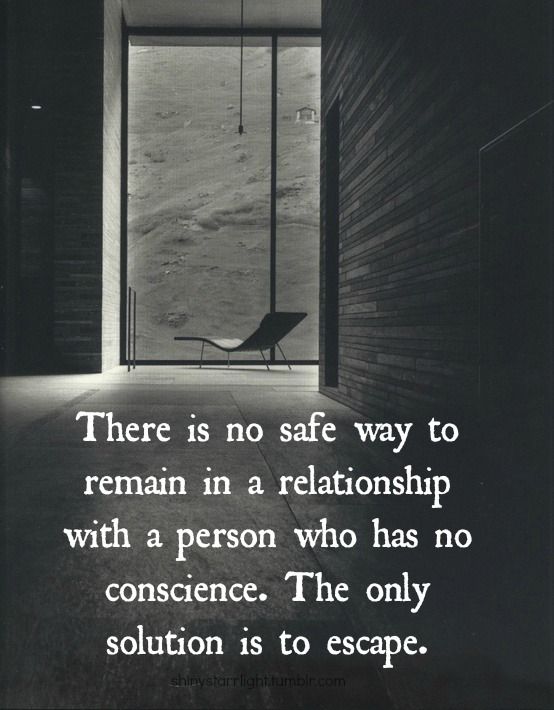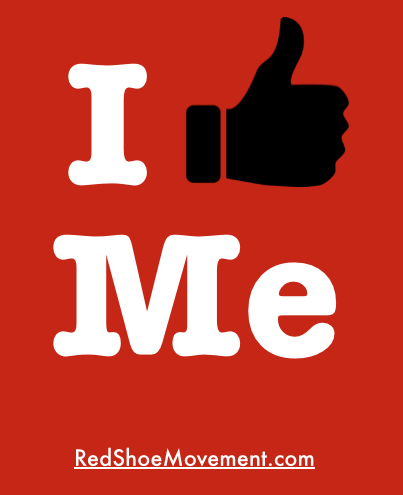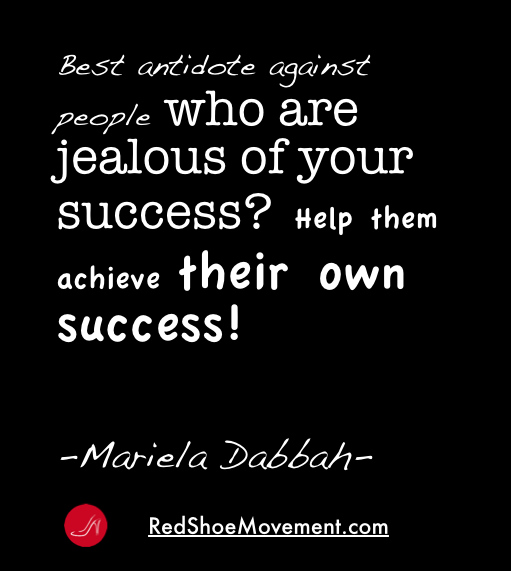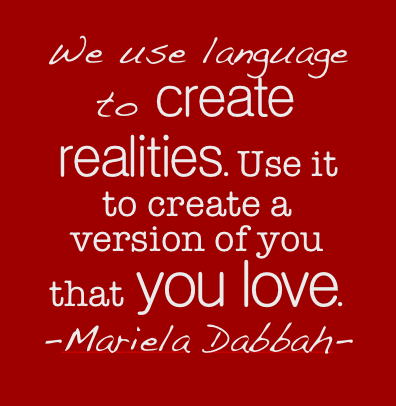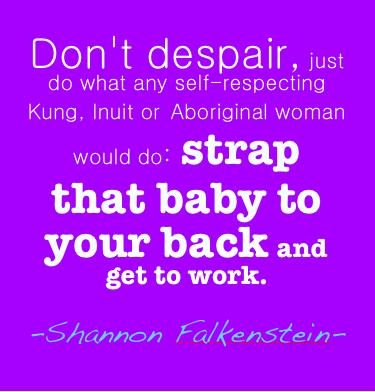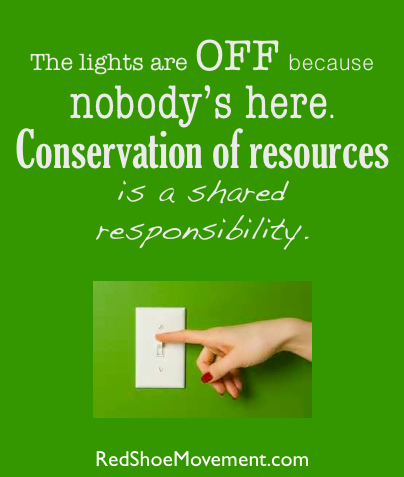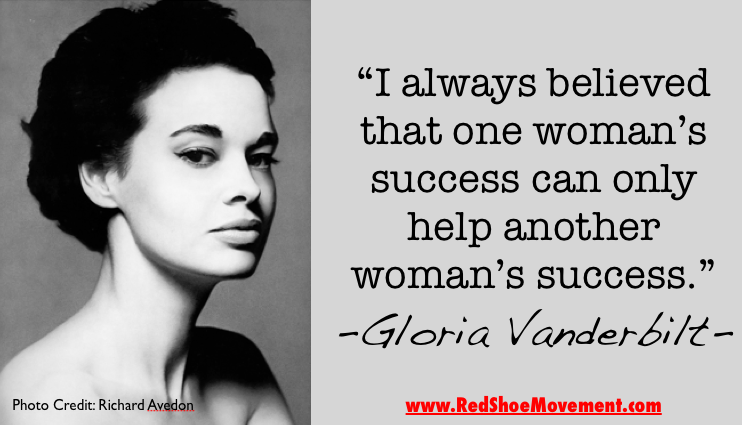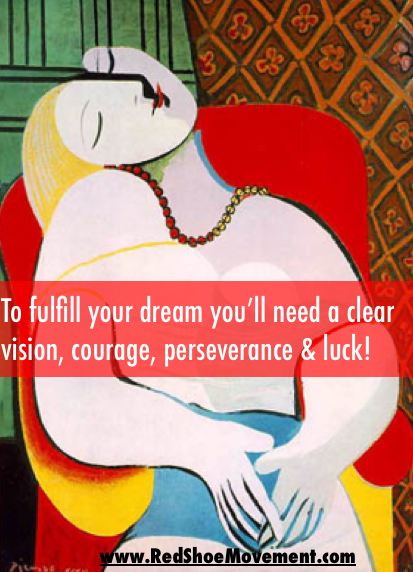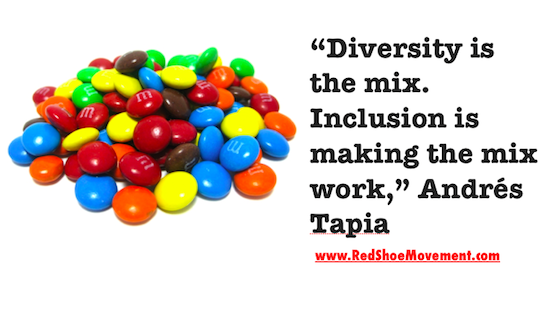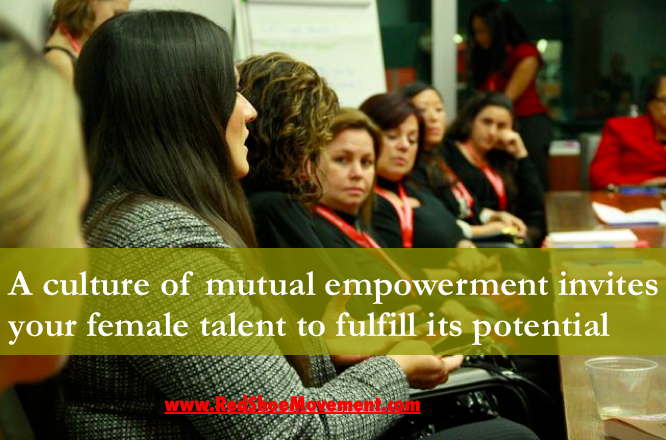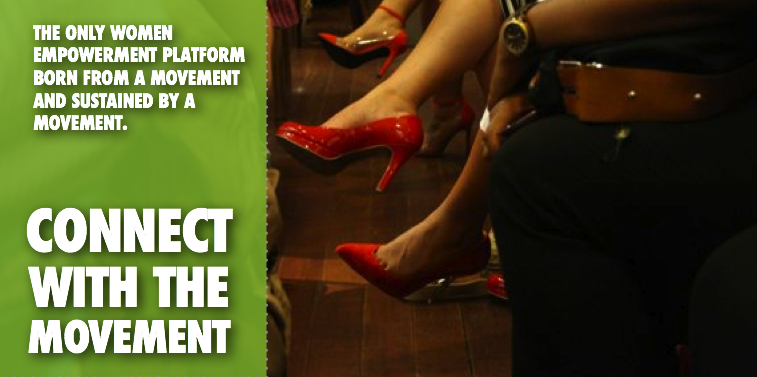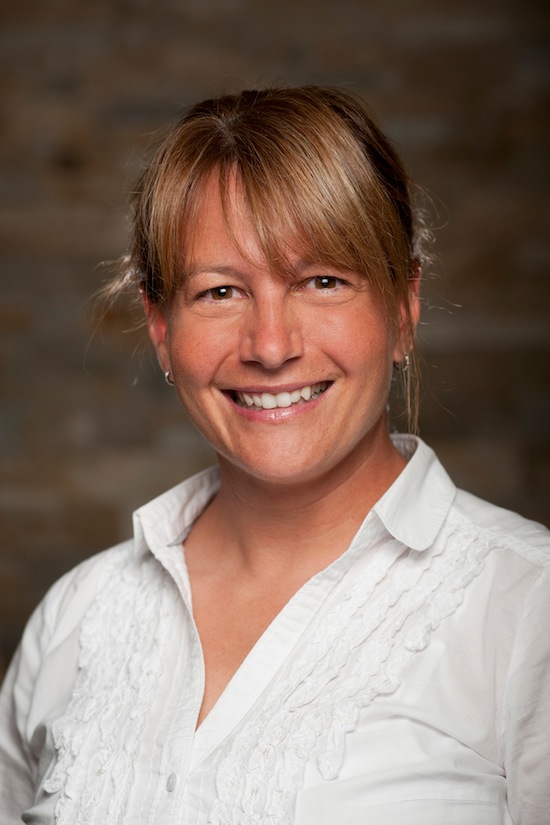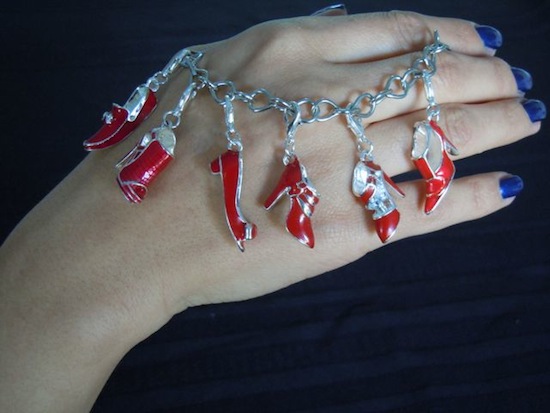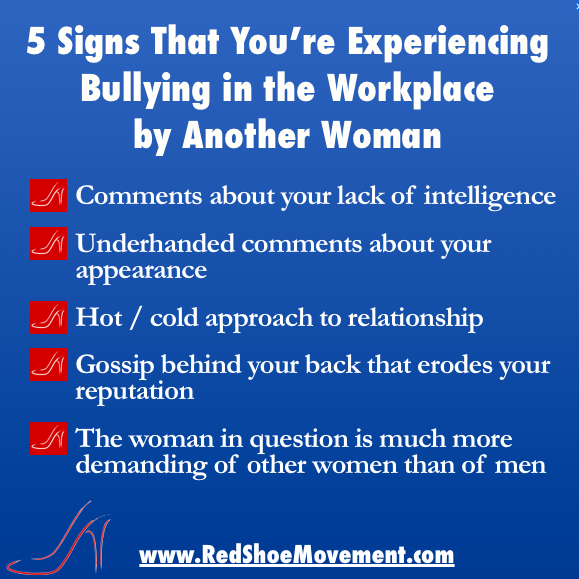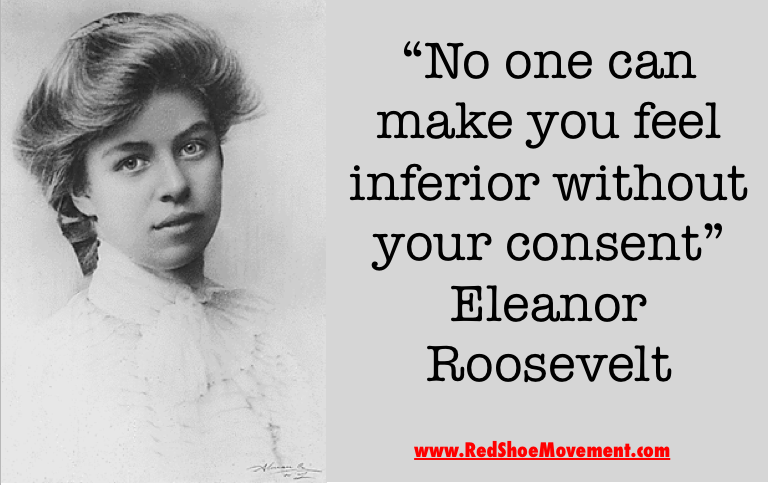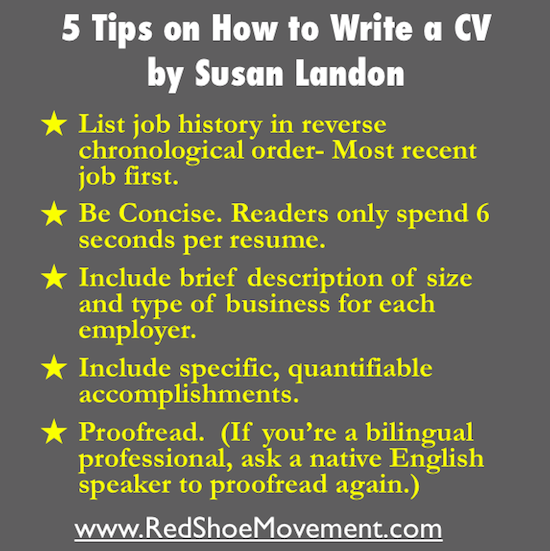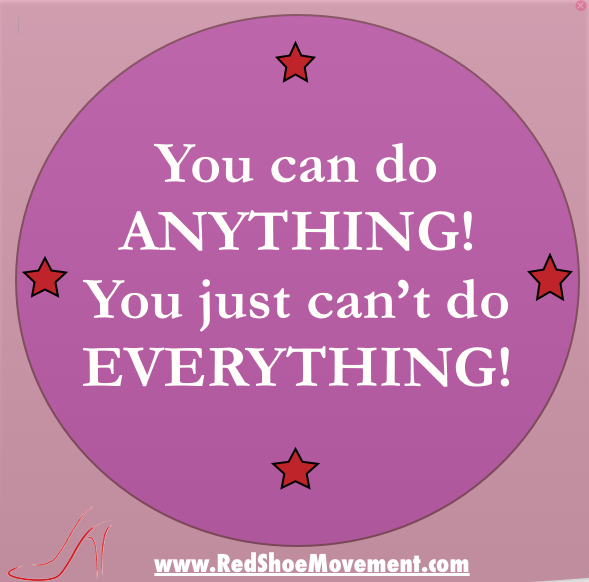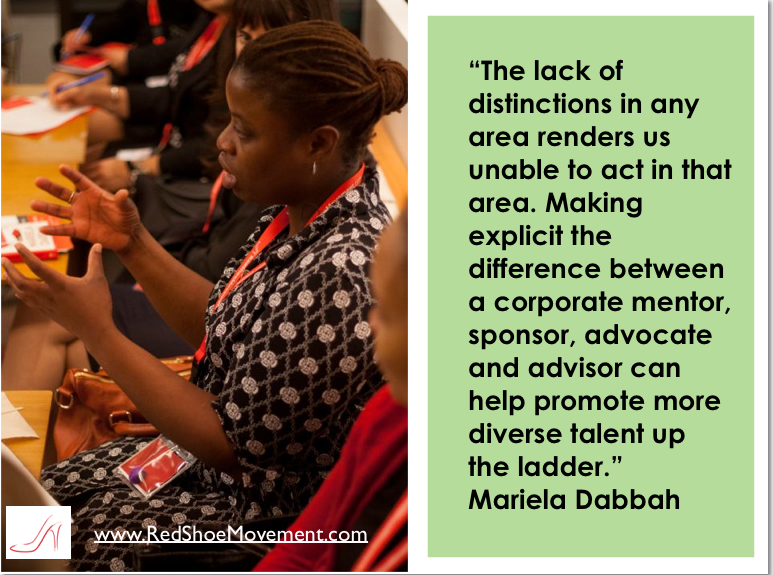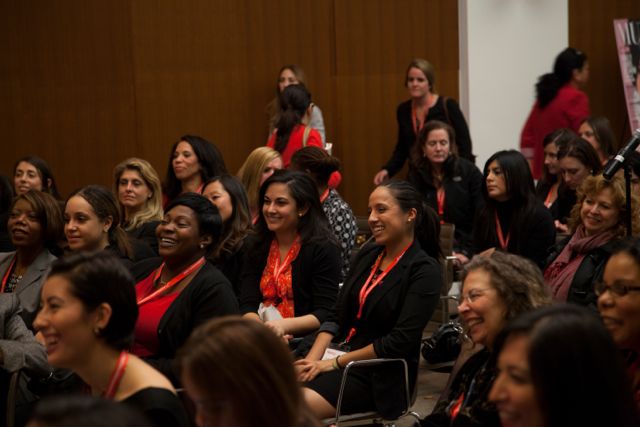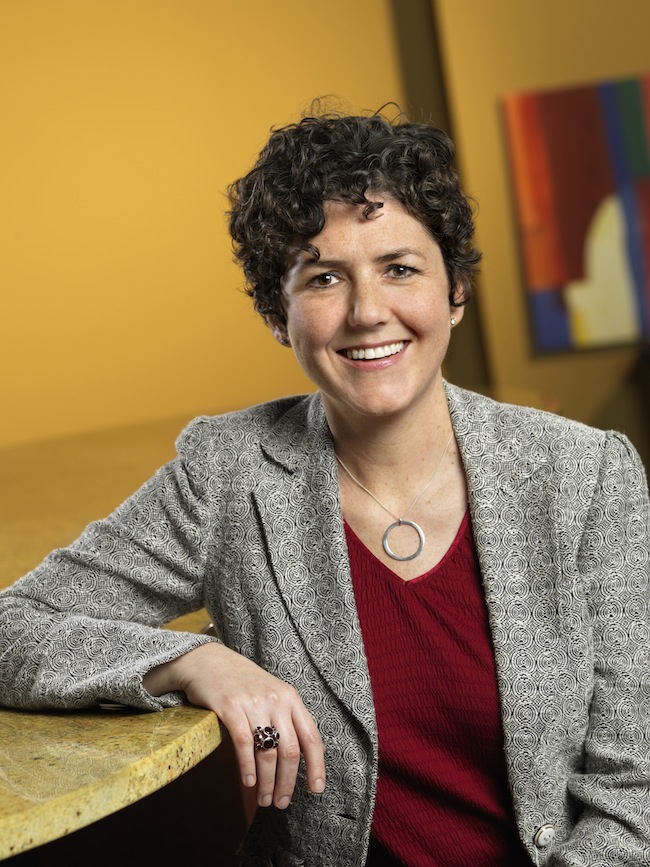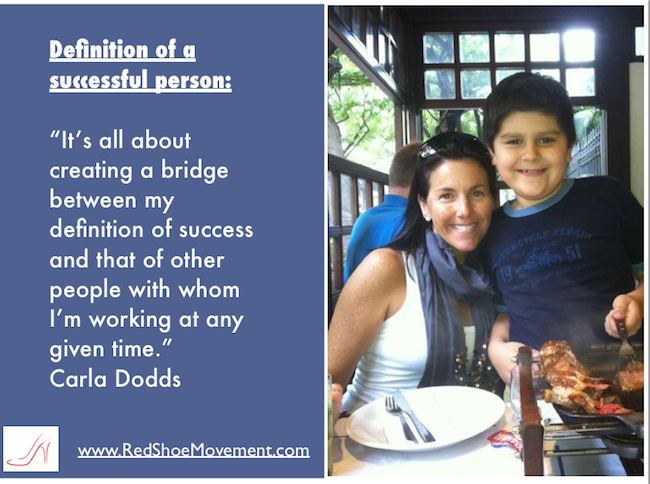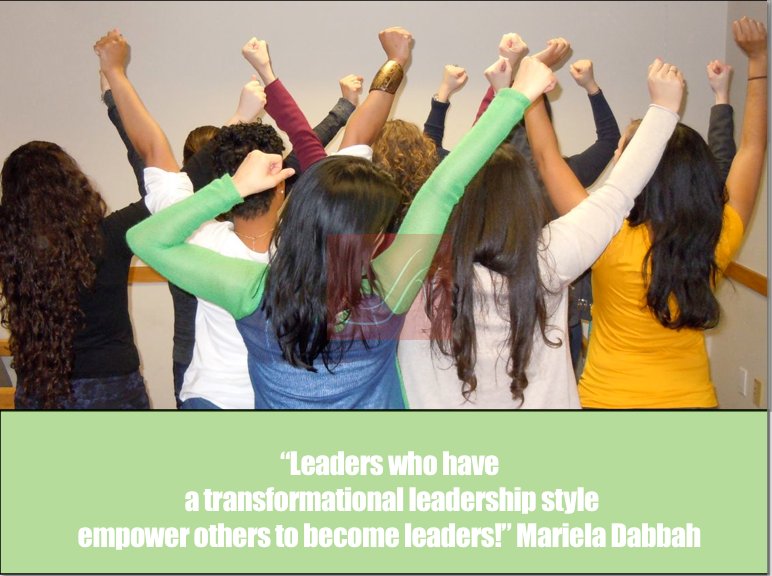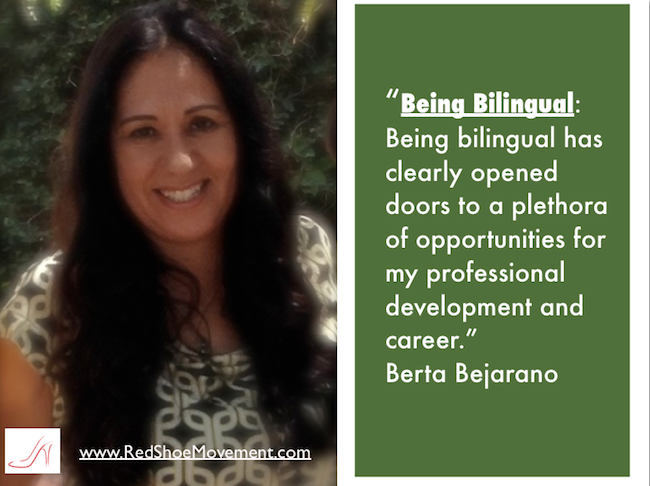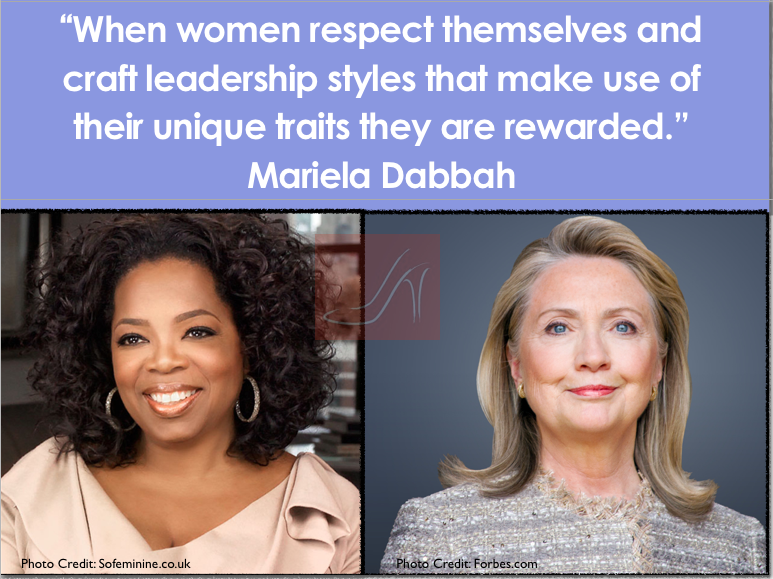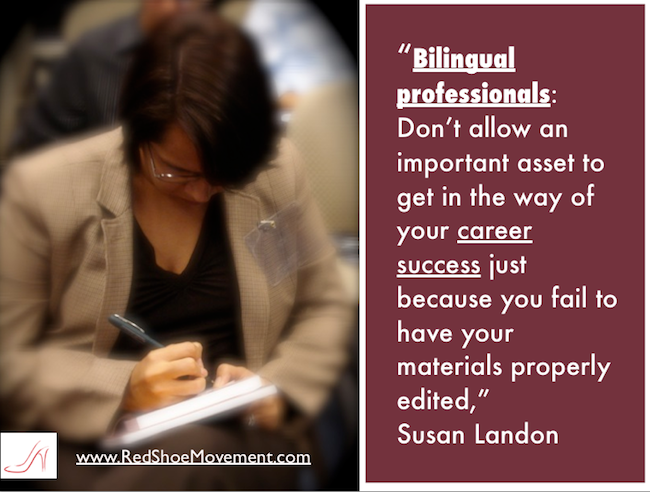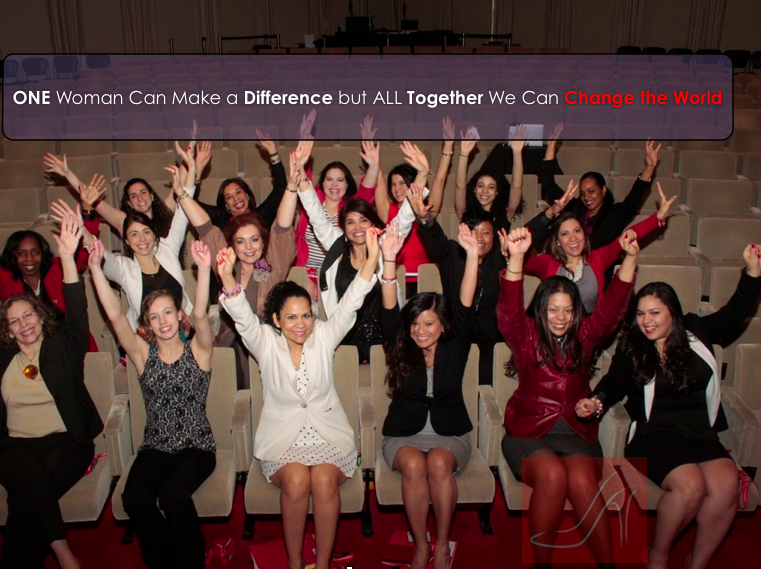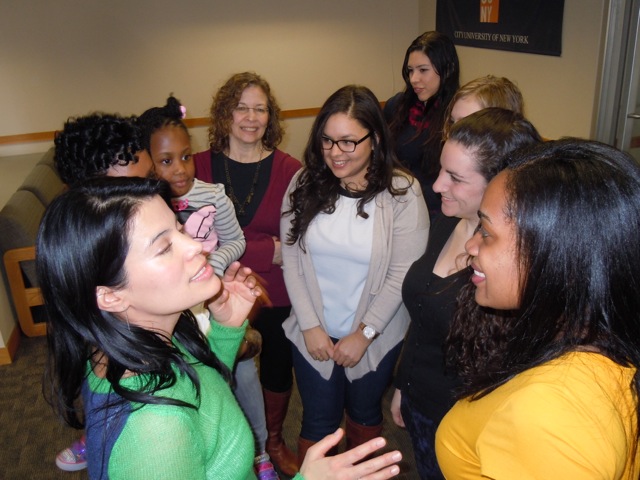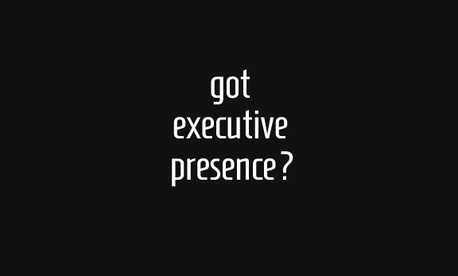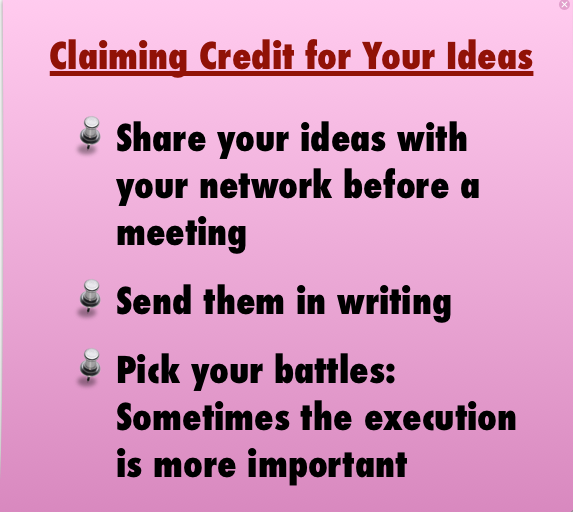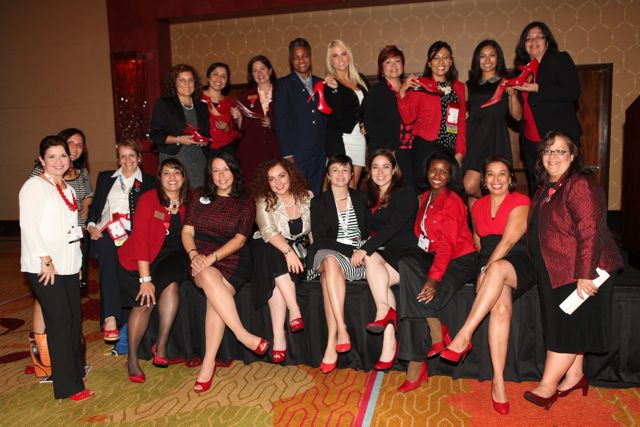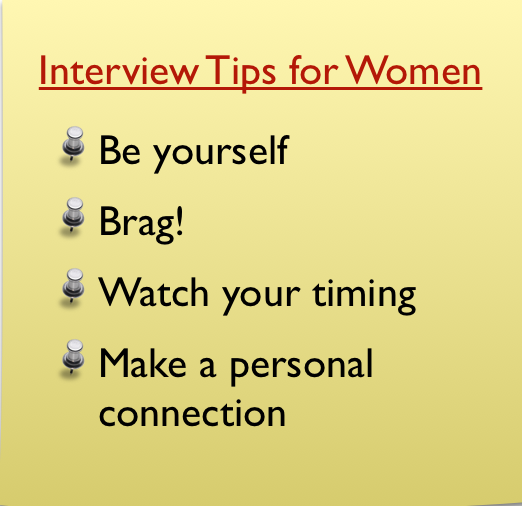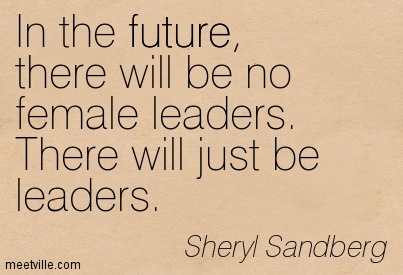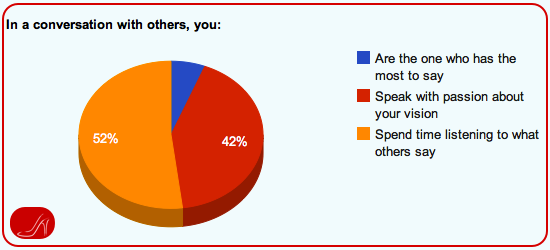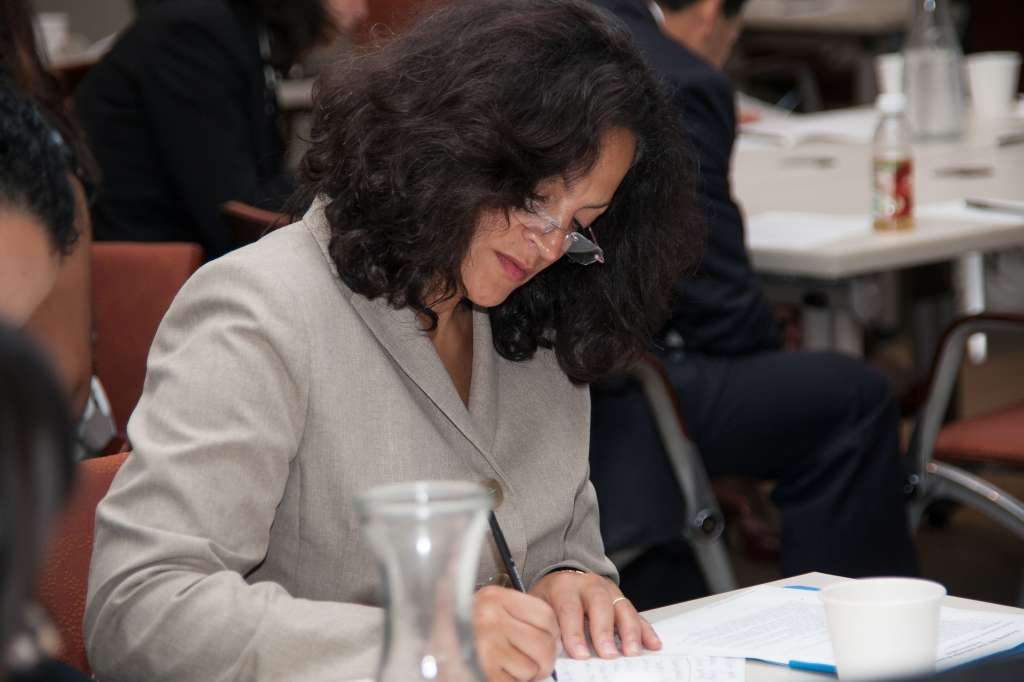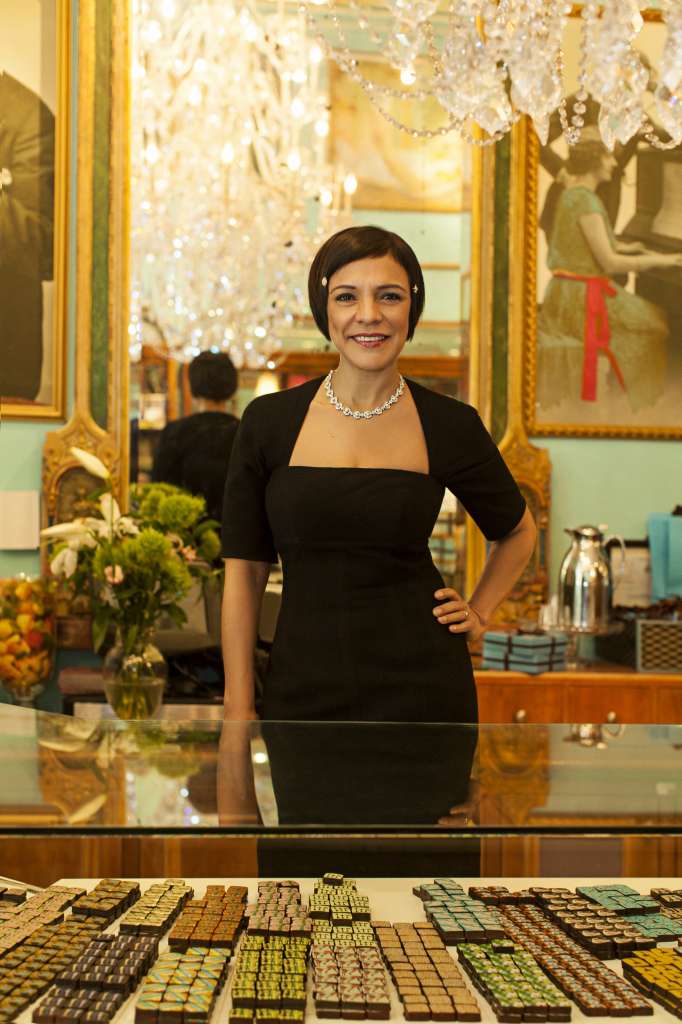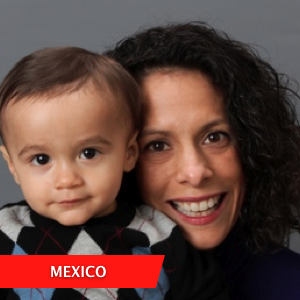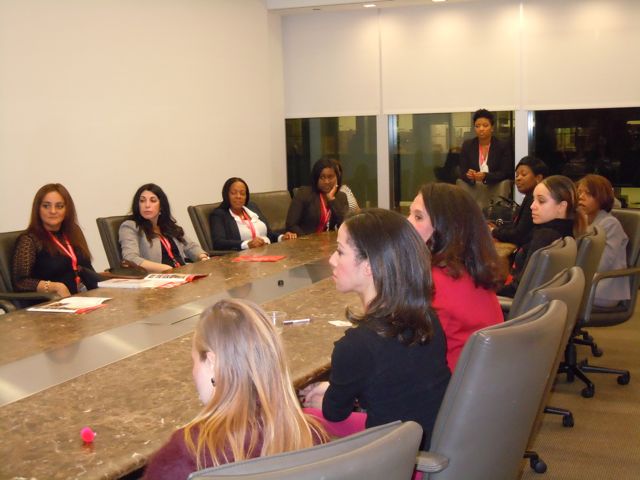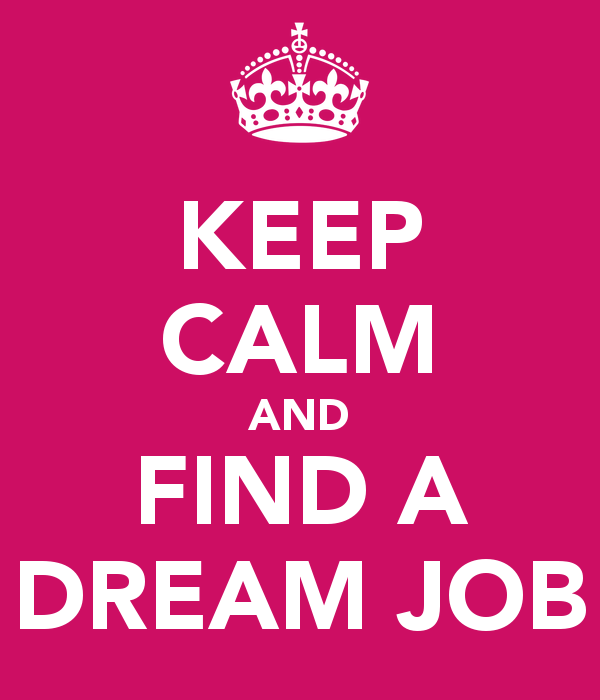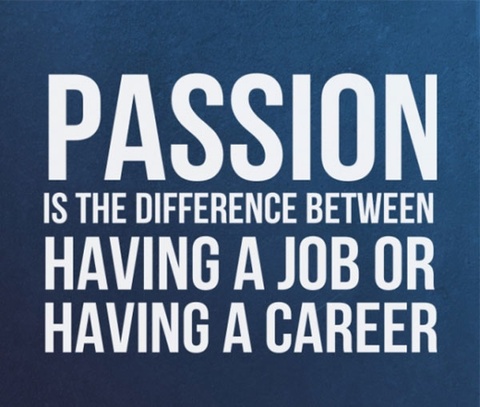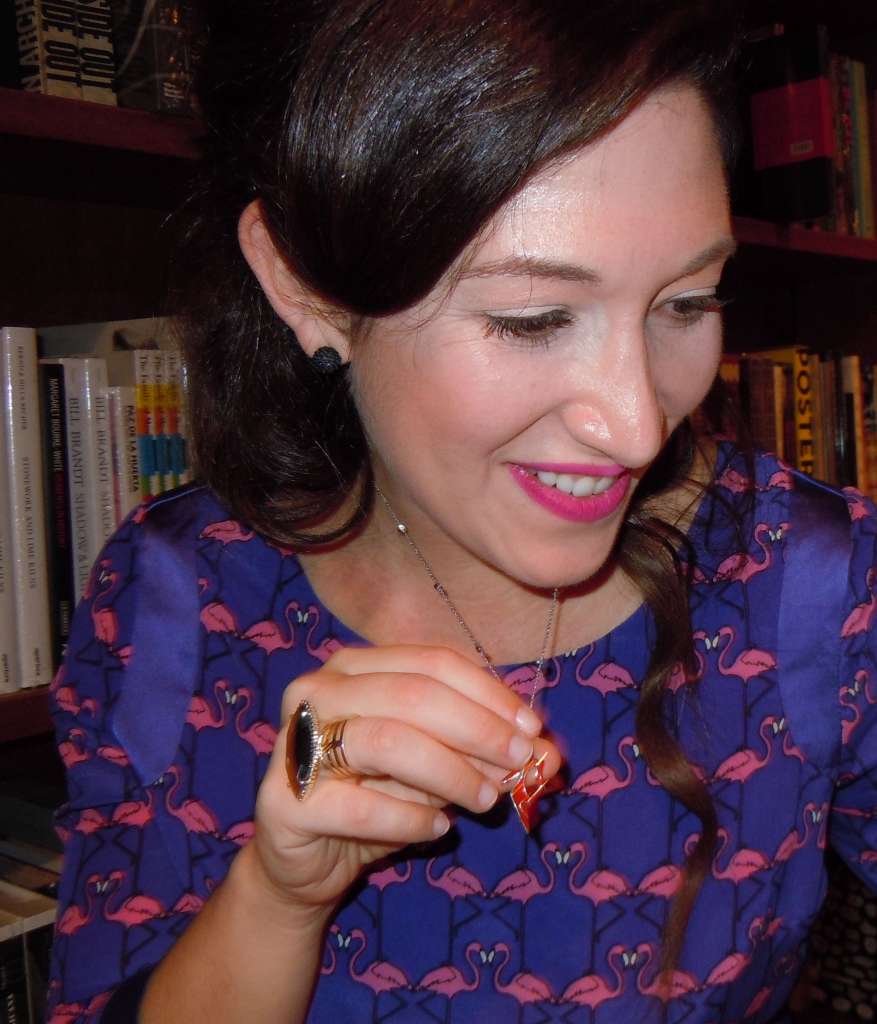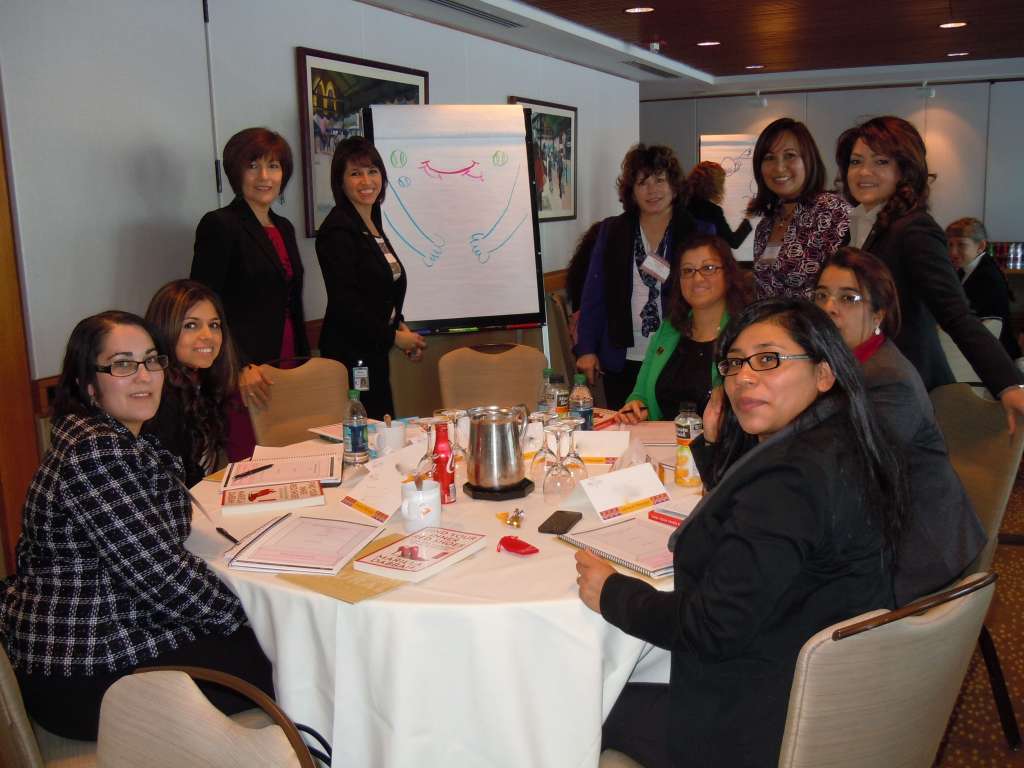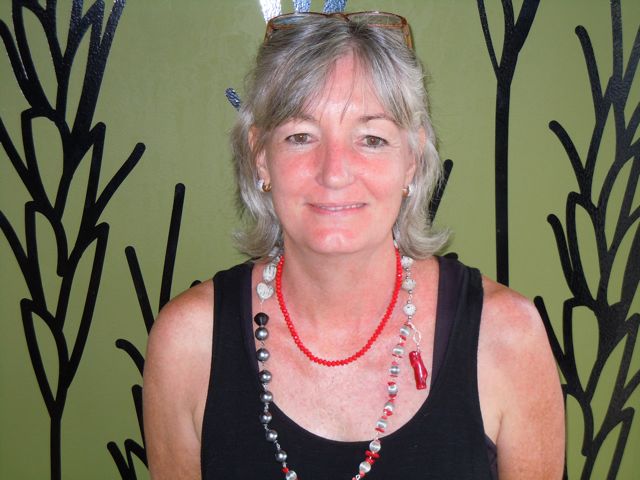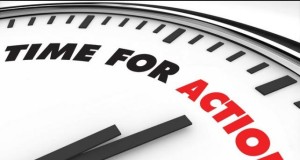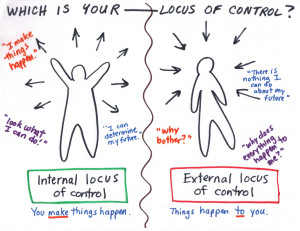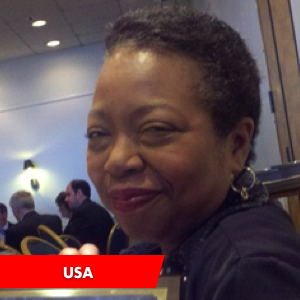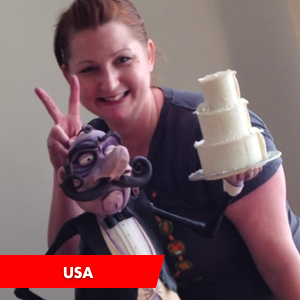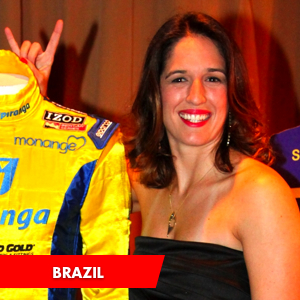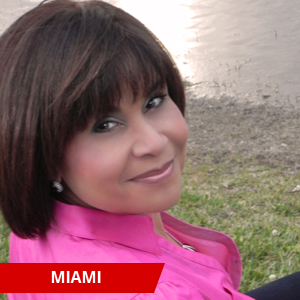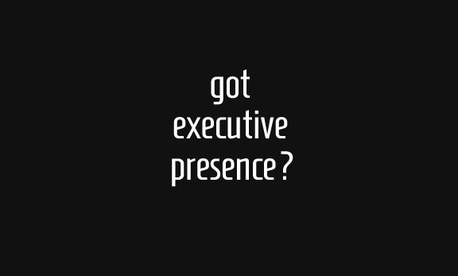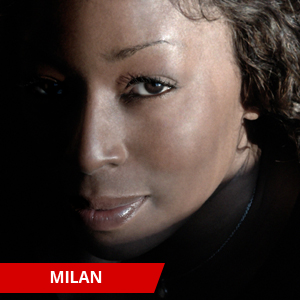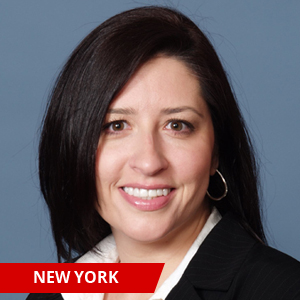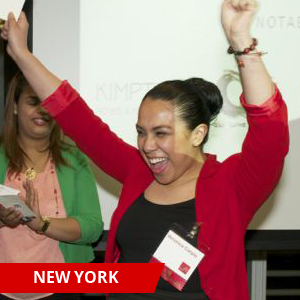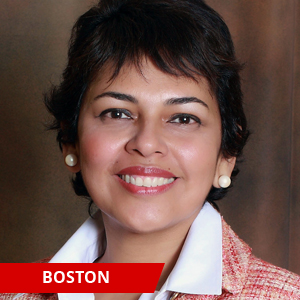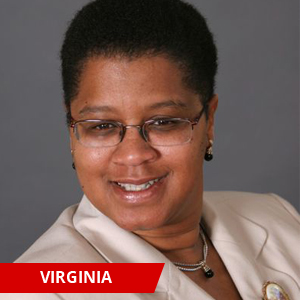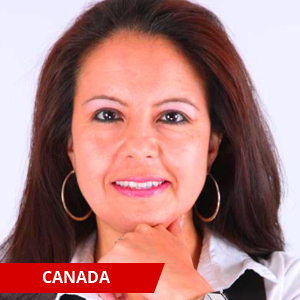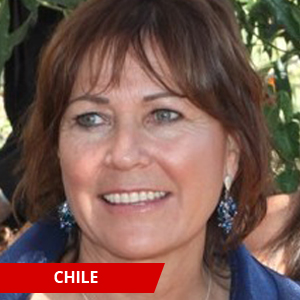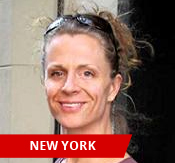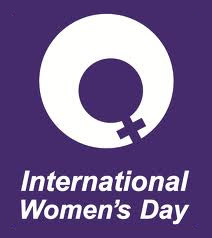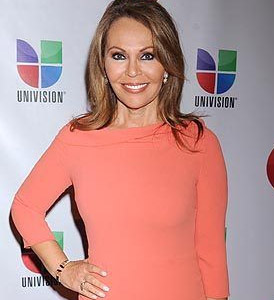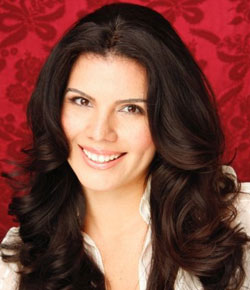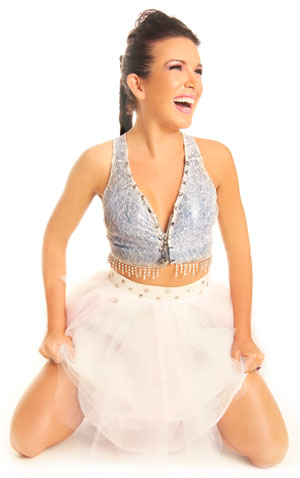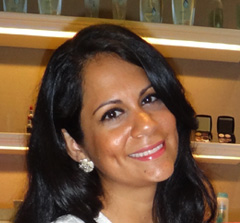Everyone who’s looking for a new job worries about handling tough interview questions and figuring out how to ace the interview. The key is to be ready for anything the interviewer might ask you. We show you how to prepare to ace the interview.
Most people think that there’s a magic formula to handle tough interview questions, but, unfortunately, there isn’t any insider’s secret that will guarantee you ace the interview. And there is no way to predict what interview questions you’re going to be asked. There are, however, a lot of things you can do before the interview so that you’re ready for almost anything the interviewer might ask you.

Photo Credit: www.thecredocompany.com
Ace the Interview – Be ready to discuss job transitions
When you’re asked interview questions about your work or education history and you stumble and stammer, it sounds like you have something to hide. Questions about why or when you moved from one company to another shouldn’t require a lot of introspection. So you need to be completely prepared for interview questions about your job moves. Even if it was a long time ago, you should still be able to answer why you left your first job and moved to another company. That’s not the sort of thing that people forget.
If you were fired from a job and/or have a gap (or gaps) in your history, you can expect the interviewer to ask about it. So you need to work out a comfortable way to present whatever happened before you walk in the interviewer’s door. Practice explaining all of your job transitions in front of a mirror or with a friend. Or write them down and read them out loud until they sound natural and unrehearsed. If you sound uncomfortable with a particular question, the interviewer will likely think there is something more that you aren’t telling. And saying, “Oh, it was just time for a move” doesn’t cut it.
Also, “Why did you leave Company A?” and “Why did you join Company B?” are not the same interview questions. And you need to be able to answer both. When an interviewer asks, “Why did you leave Company A?” she wants to know what wasn’t working at Company A that made you consider another position. Were you “blocked” from further advancement by a boss who wasn’t moving up? Was the company doing poorly? Something else? And when an interviewer asks, “Why did you join Company B?” she wants to know what was attractive about Company B. Was there an opportunity to do something new that you had always wanted to do? Was it a new industry that was exciting? Something else?
Ace the Interview – Be ready to explain how your skills fit the job requirements
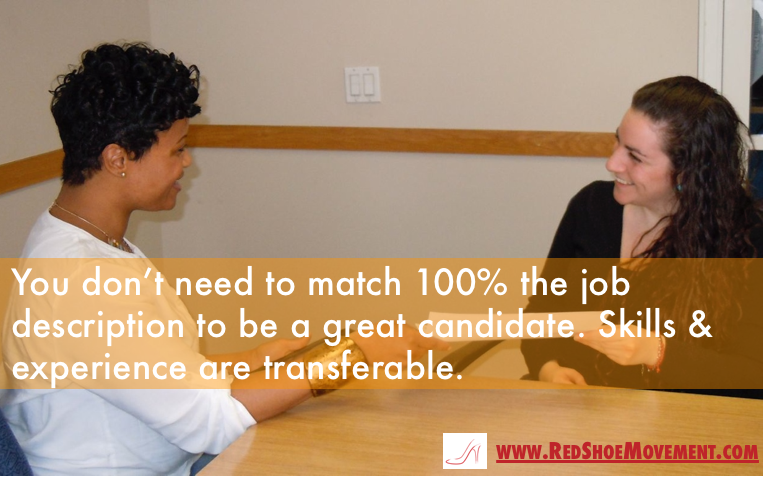
Read and re-read the job description before the interview. You should be prepared for questions about anything mentioned in the job description. For every responsibility or requirement, think about what specific skills and experiences you have that make you qualified for that job. Think of specific examples for each skill and experience you identify. If the job description says that the company wants someone with multicultural marketing experience, be prepared to describe specific programs you’ve been responsible for – including quantitative details like size of the programs and impact on revenues.
And if there’s something on the job description that you haven’t done, then think about experience you have that is similar and how that will help you. Or be ready to describe a situation where you hadn’t had specific experience but you were able to get up to speed quickly. This is particularly important for women, who tend to think they need to match the job description 100% before they feel qualified to interview for a job. Going through this thought process will build your confidence that you’re really right for the job. And that confidence will be visible to the interviewer.
Tough Interview Questions – Tell me about yourself
This is a typical interview question, so make sure you’re ready to answer it. Sometimes the interviewer is using this as a test to see if you can present yourself clearly and concisely without rambling on and on.(Bilingual professionals should practice this trait given that in stressful situations it tends to be harder to communicate in a second language.) . But sometimes this is just how the interviewer chooses to break the ice and get the conversation started. Either way, be prepared. Your answer should include a bit more information than your “elevator pitch,” but it’s just an introduction. There will be more questions, so don’t go on for 15 minutes answering this first one.
You might talk about your current position – how many years you’ve been with the company, what position you started in, how you moved in the company to get to your current role, your key current responsibilities, what you’ve found challenging or exciting, etc. Or you might give a very brief chronological overview – where you got your degree, where you started your career, how you got to where you are today. Be sure to practice your answer to this question, so you don’t stumble around as you decide where to start.

Photo Credit: www.revivingworkethic.com
And keep in mind, when the interviewer says, “Tell me about yourself,” she isn’t asking about your personal life. It’s OK to include something personal, but she’s more interested in your career than your kids, or what sports you played in college. I once asked this question, and the person I was interviewing said, “I’m really fun at parties!” That’s not a bad trait, but it isn’t the first thing I want to hear about during an interview.
Tough Interview Questions – What are your strengths and weaknesses?
One of the easier typical interview questions is, “What are your strengths?” When you pick which strengths to highlight, be sure to choose strengths that will be relevant to the job you’re interviewing for.
A somewhat tougher interview question is, “What are your weaknesses?” Personally, I don’t ask this question, because I think most candidates don’t answer this honestly. But a lot of interviewers do ask this, so you should be ready for it. There are a couple of ways to answer. You can pick something that you don’t have experience with or aren’t very good at but isn’t a requirement for the job anyway. For example, speaking in front of large groups. Or you can pick something that is a weakness you are working on improving. “In the past I’ve had some trouble with delegating, but I’ve been working on that and it’s helped me meet objectives faster.”
Oddball Interview Questions
Sometimes you’ll be asked oddball interview questions. There’s a great list compiled by Glassdoor (www.glassdoor.com/) that includes, “How many cows are in Canada?” and “Which kitchen utensil would you be?” There is absolutely no way to prepare for interview questions like this. What the interviewer is trying to do is observe your thinking process. She wants to see if you get flustered or if you come up with a creative and/or thoughtful answer. So just have fun with oddball interview questions and don’t let them make you nervous.
There’s no reason that you can’t ace the interview. Just understand the details of the job and then prepare, prepare, and prepare.
Would you like to comment on how you successfully handled tough interview questions?
















































































